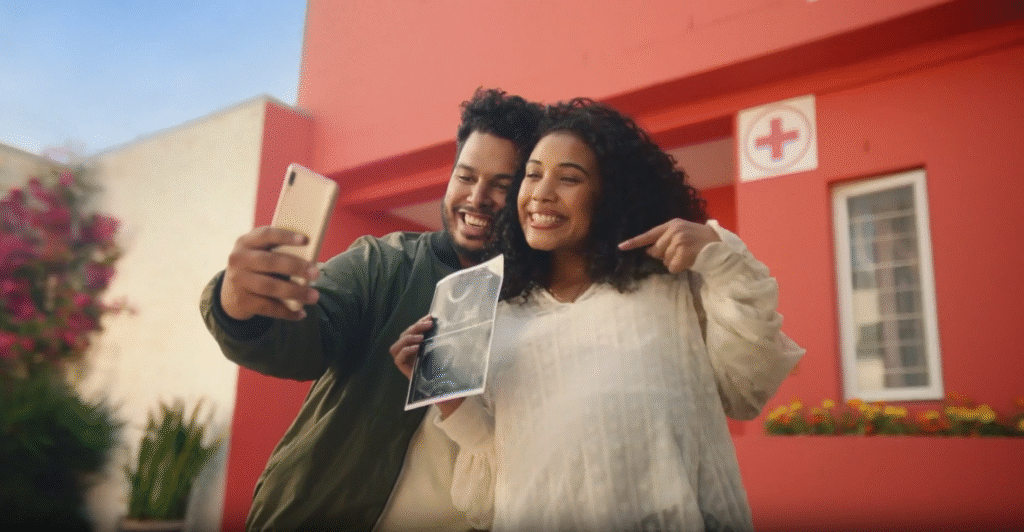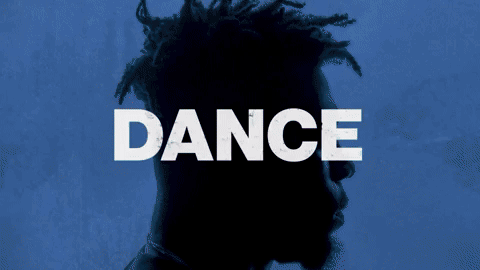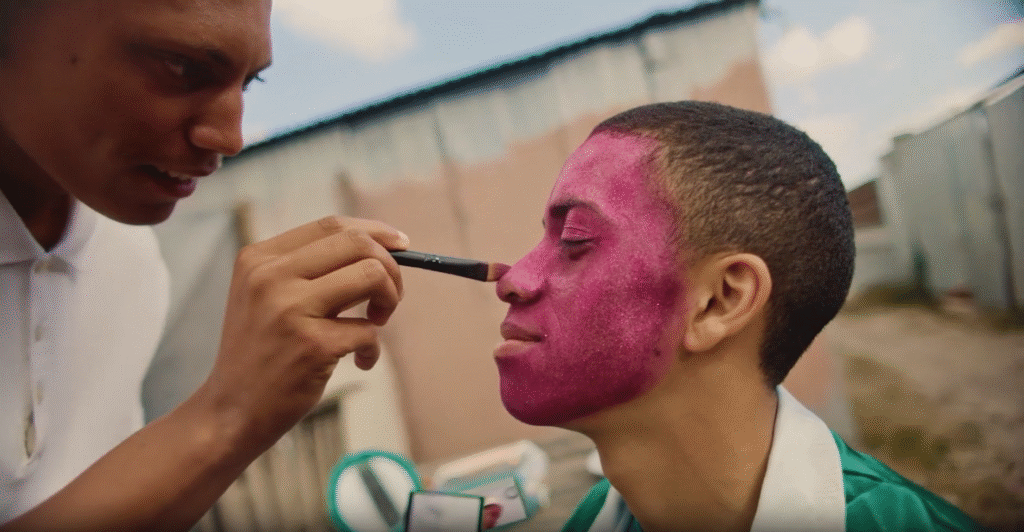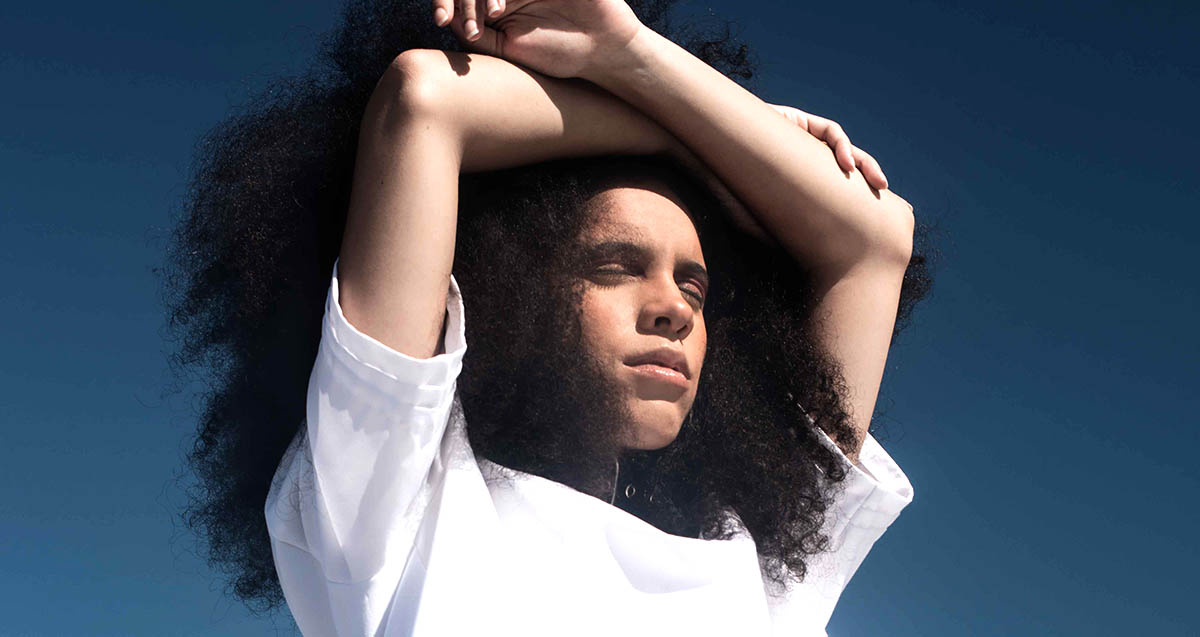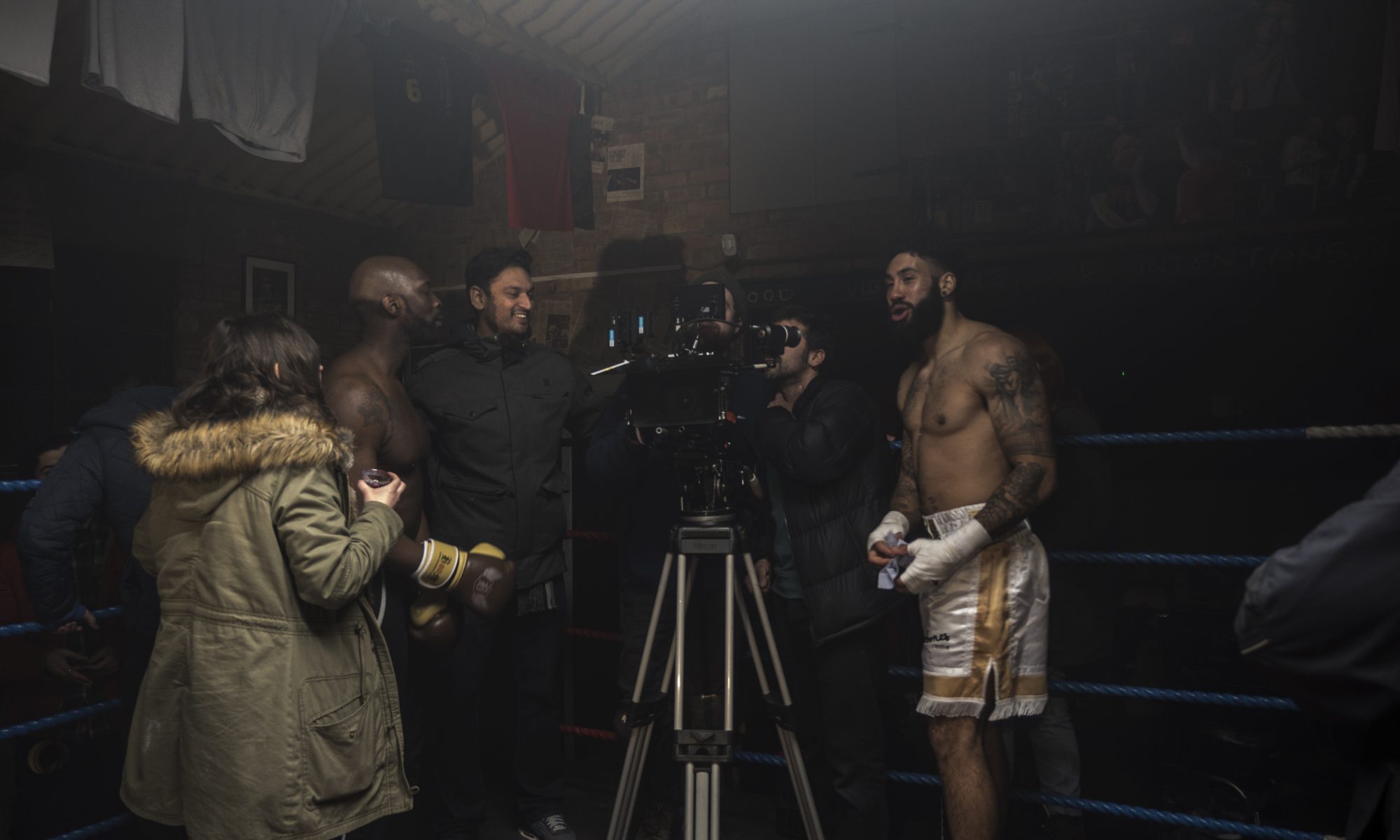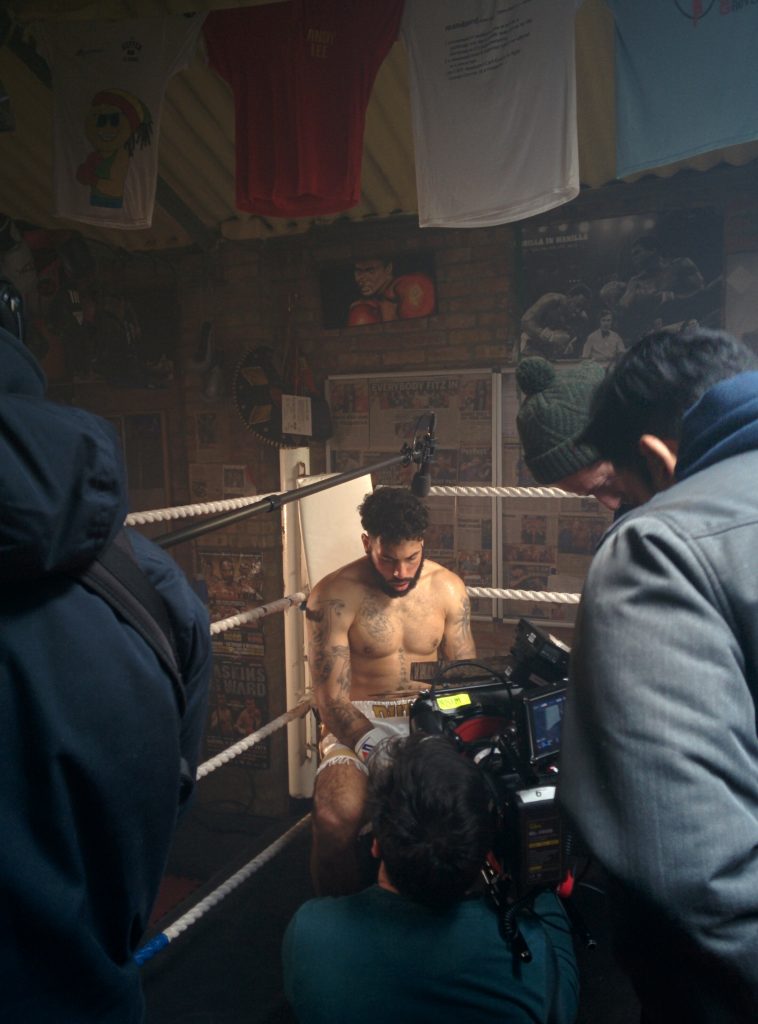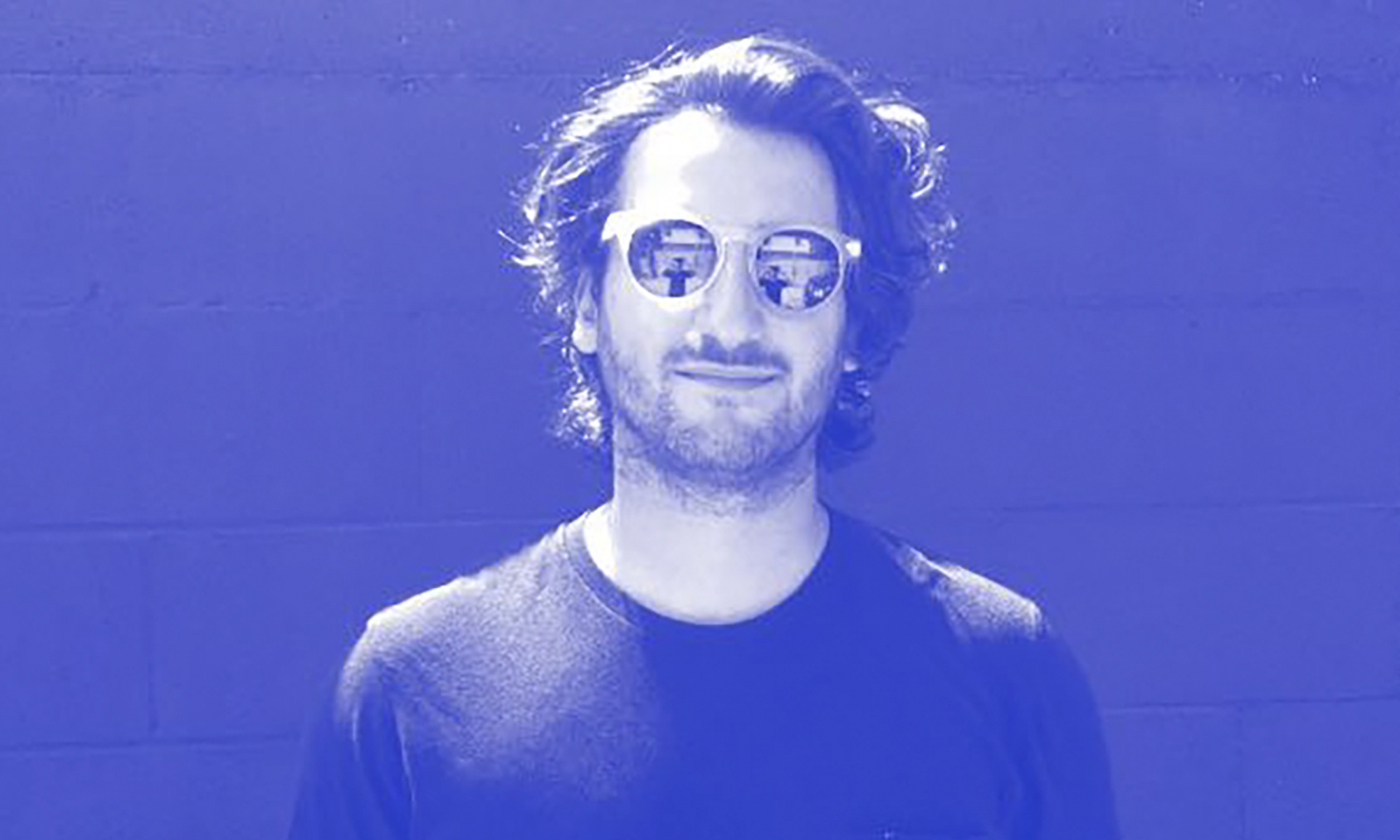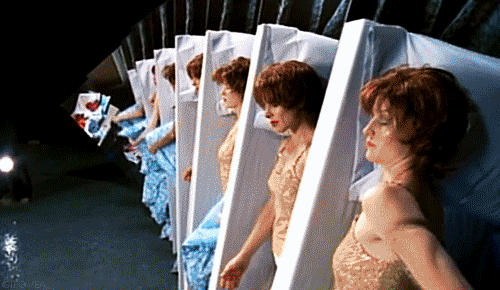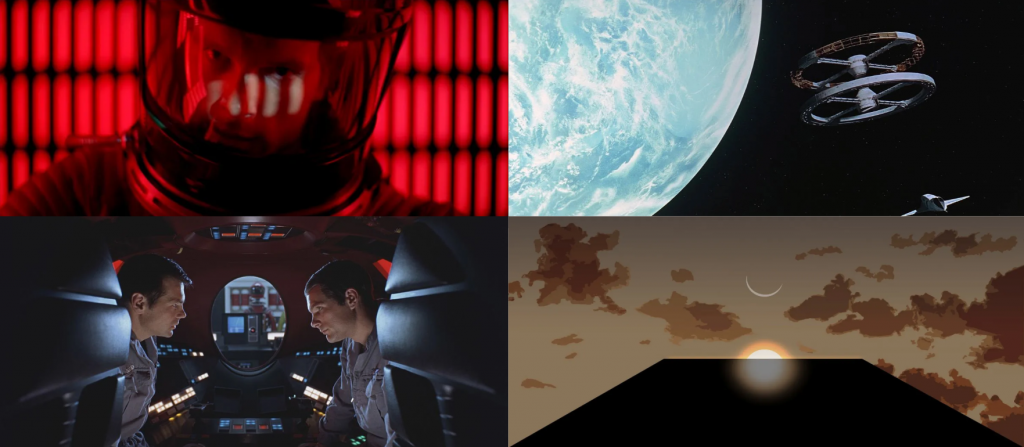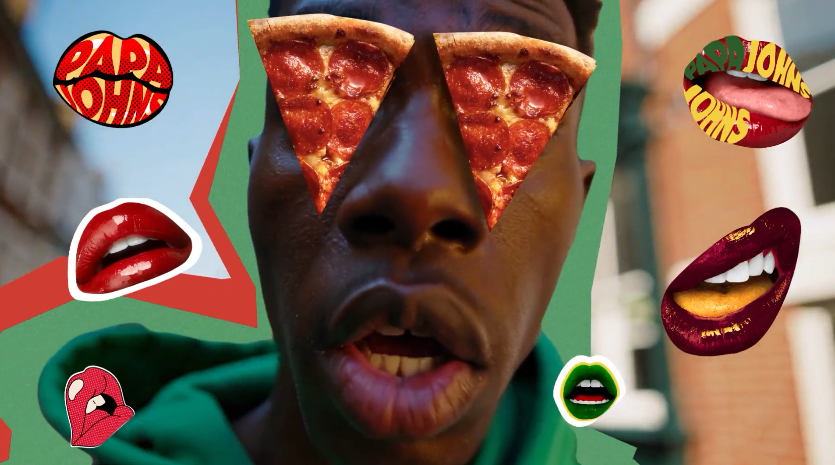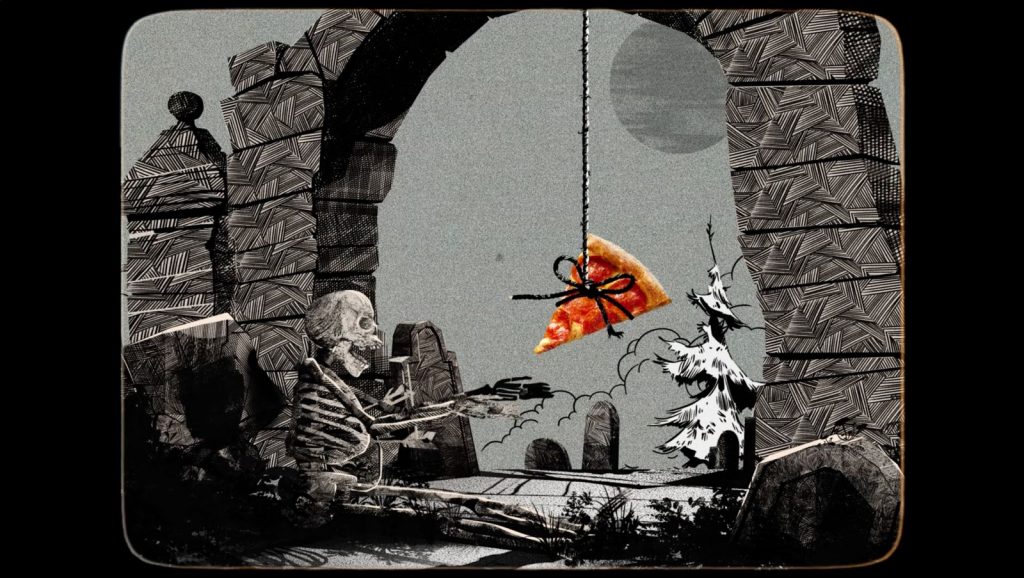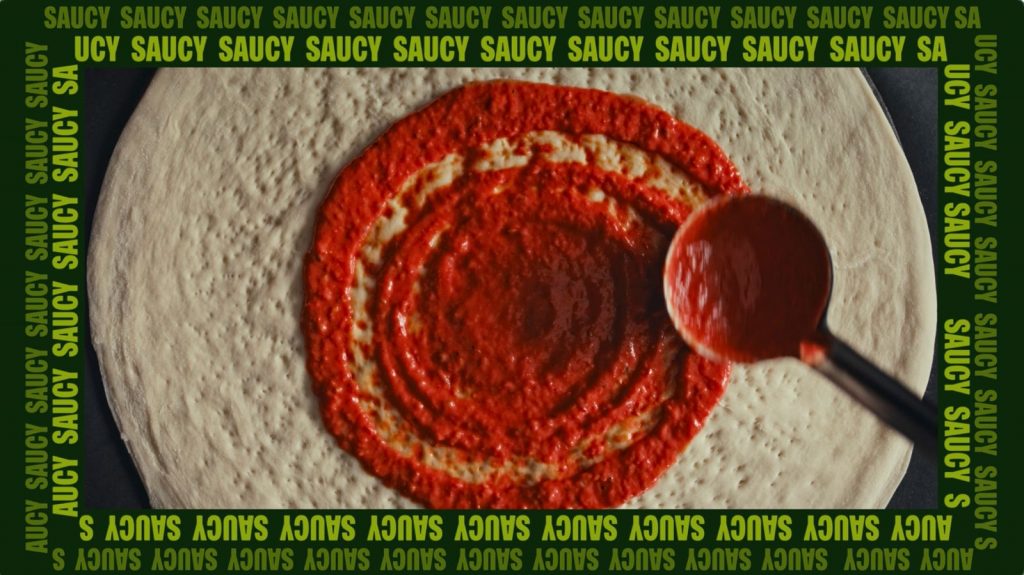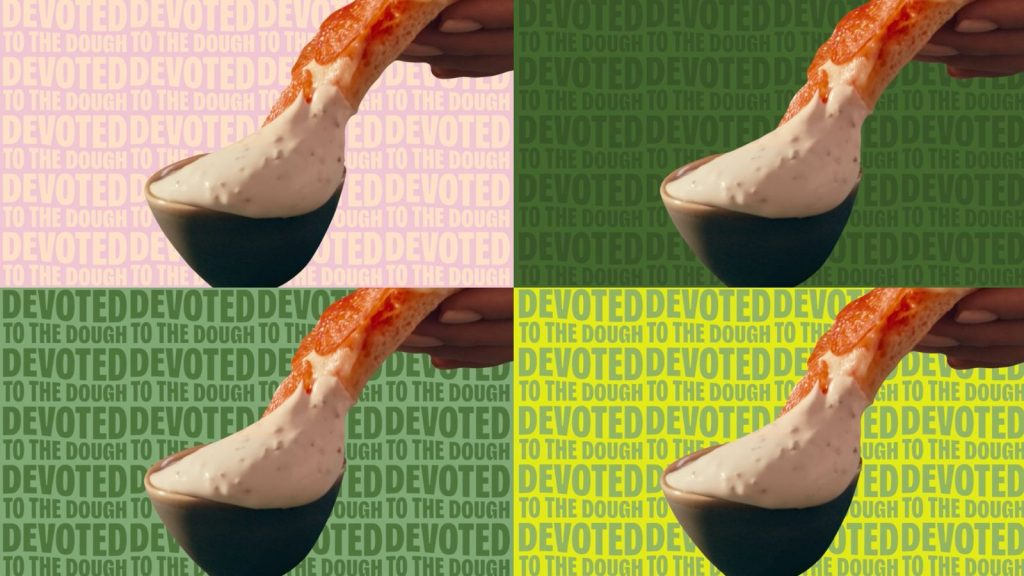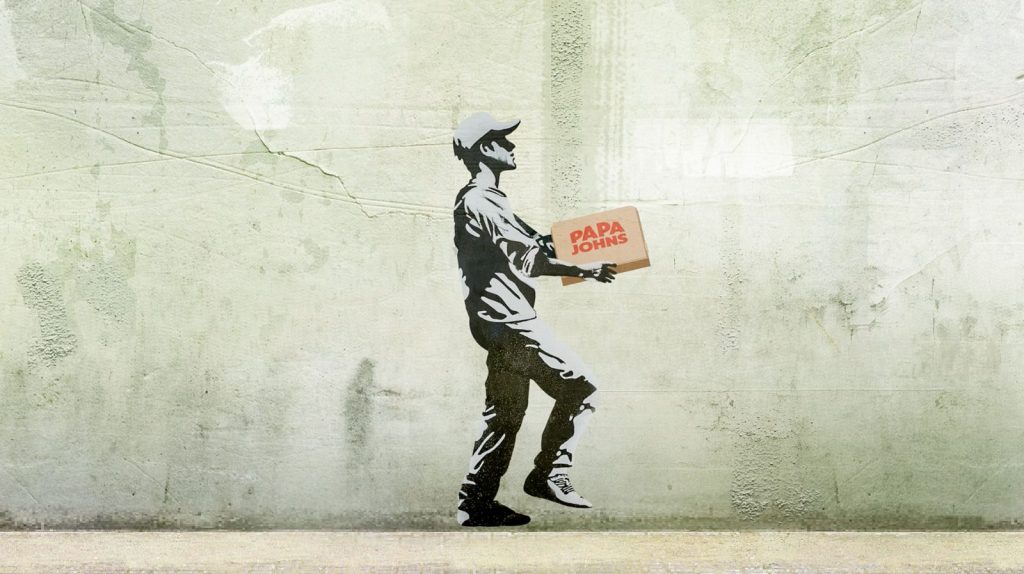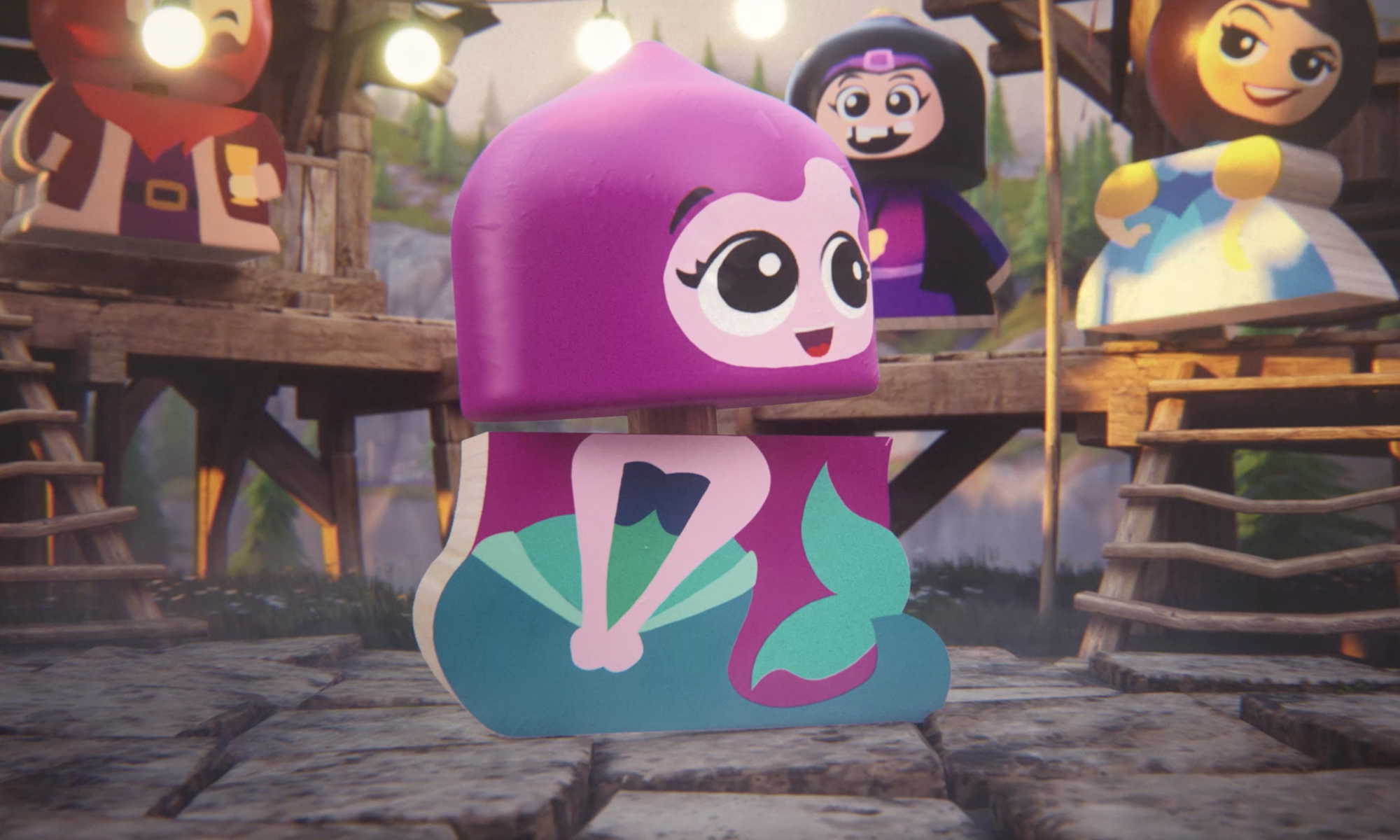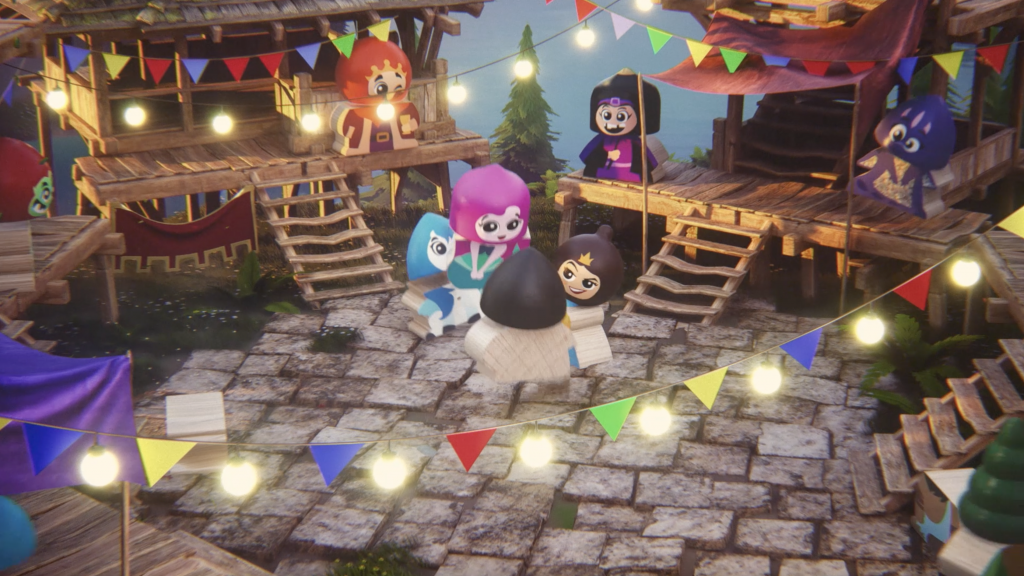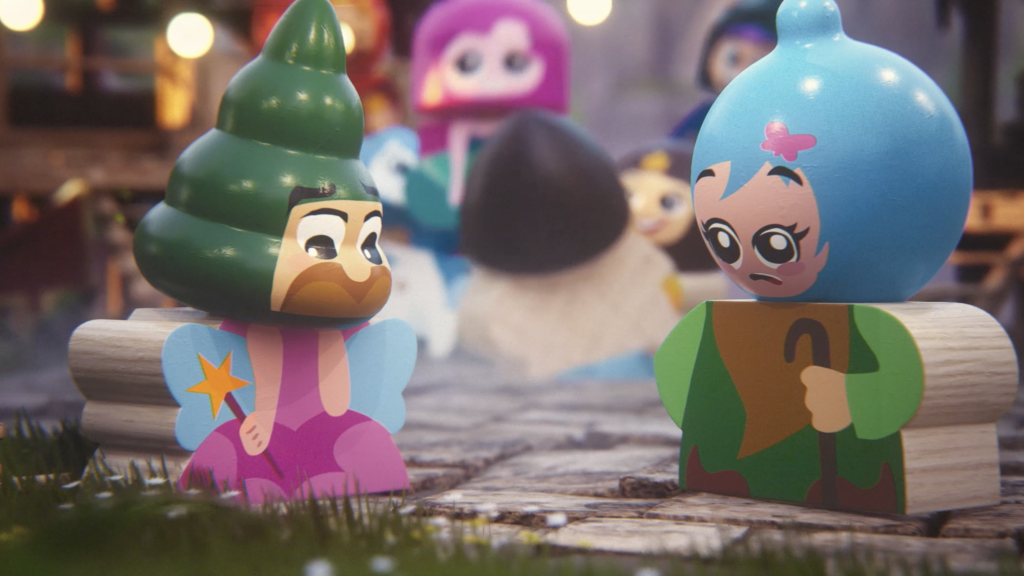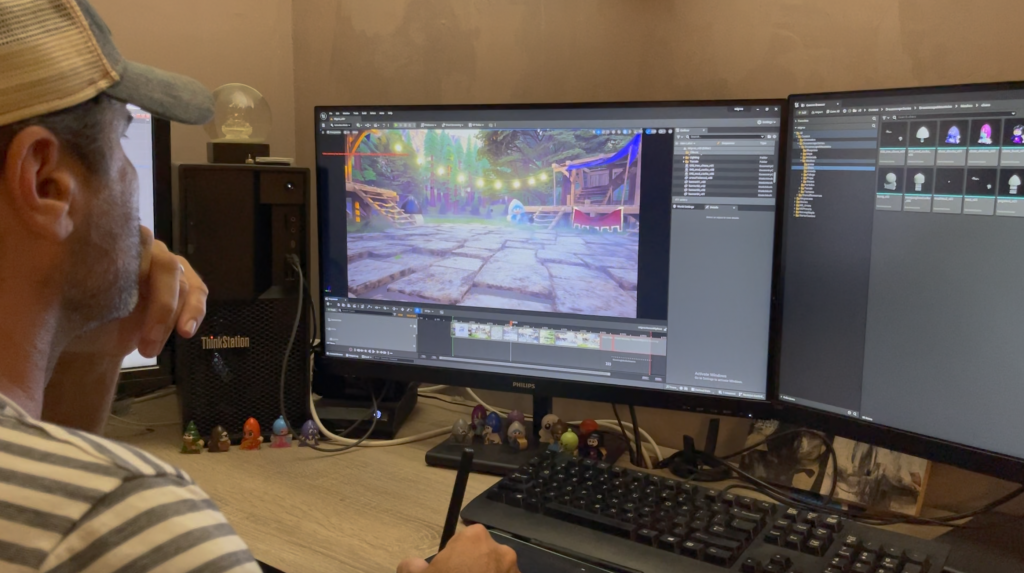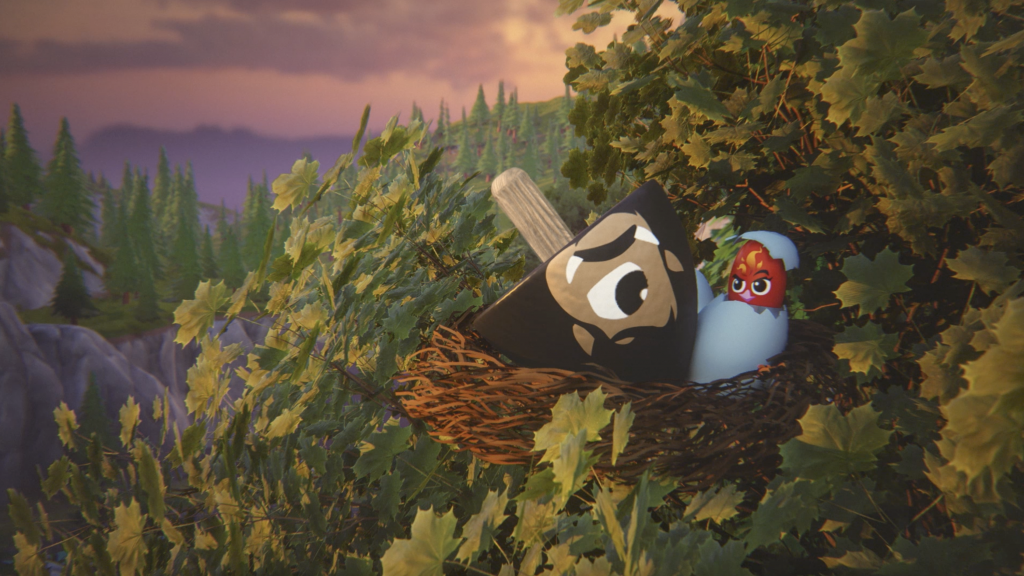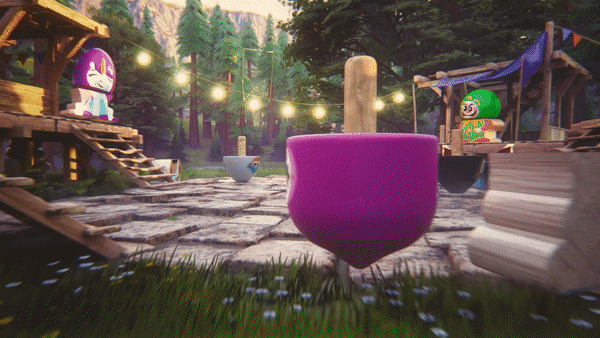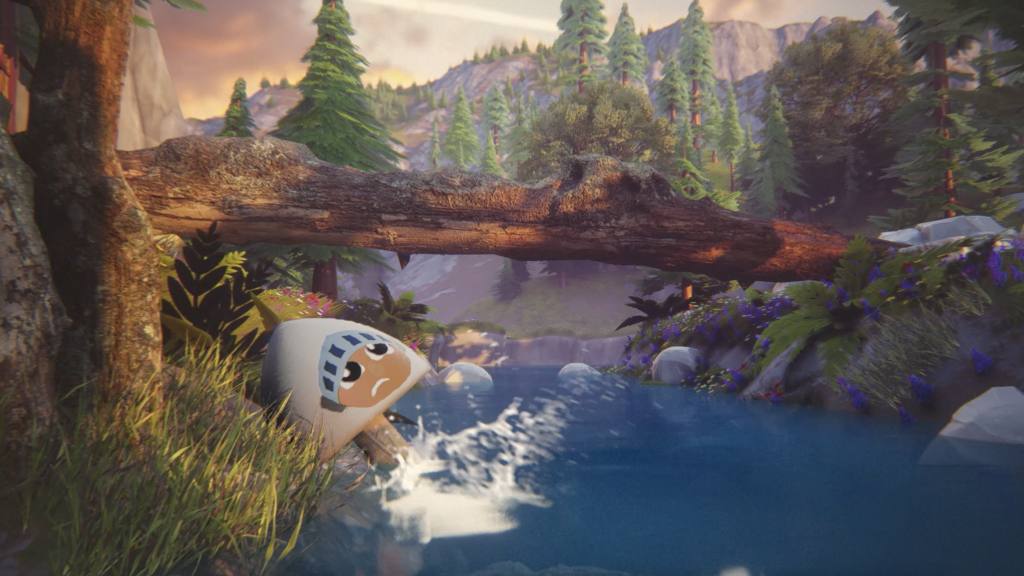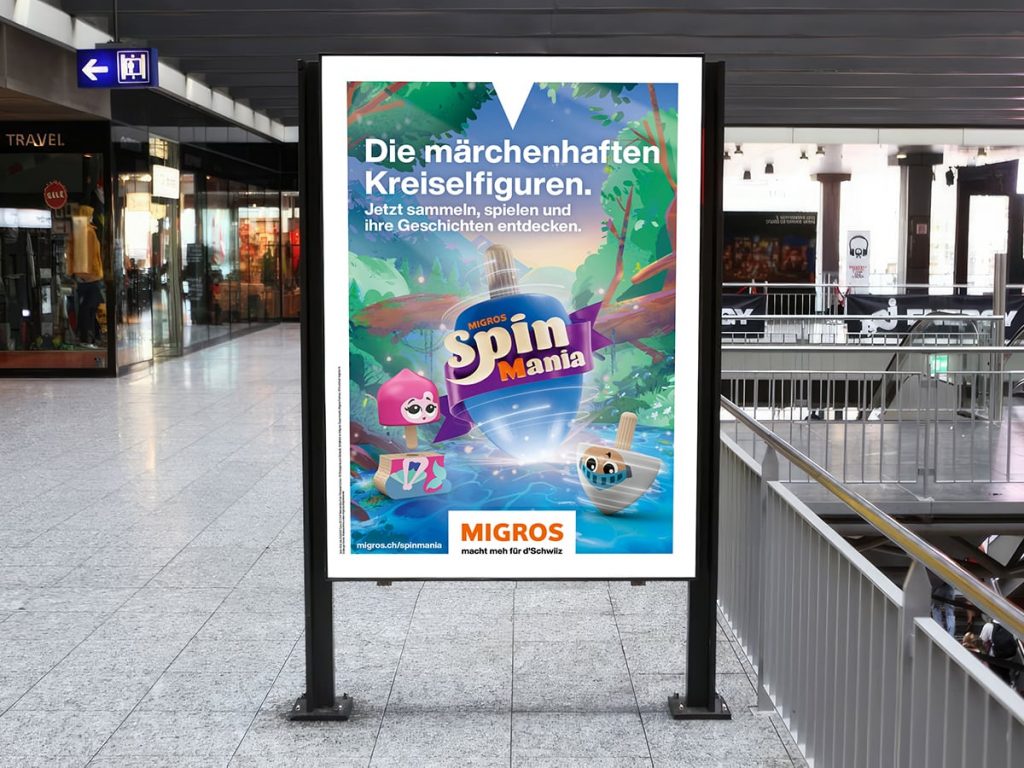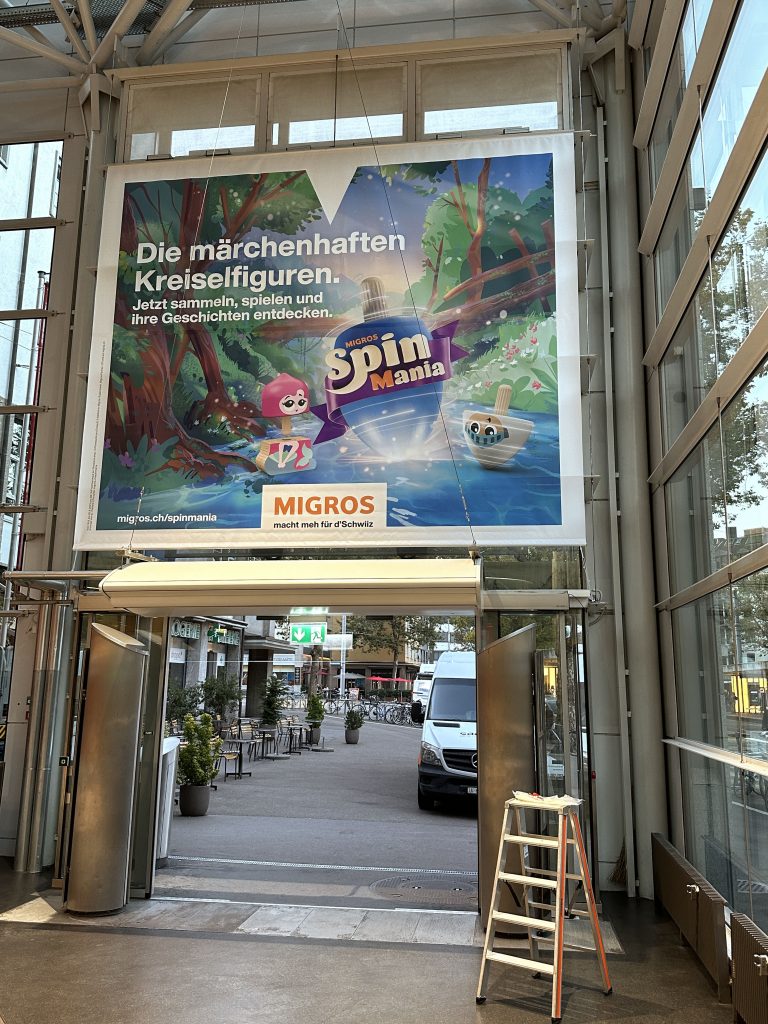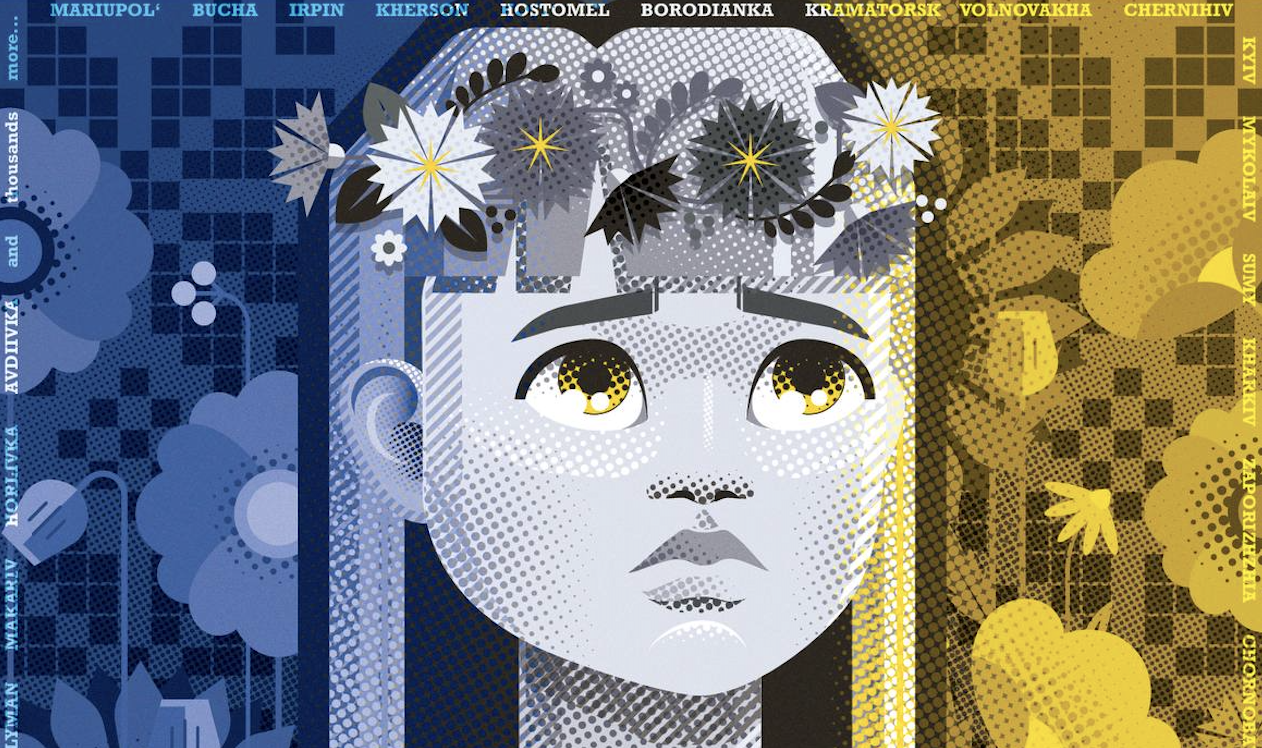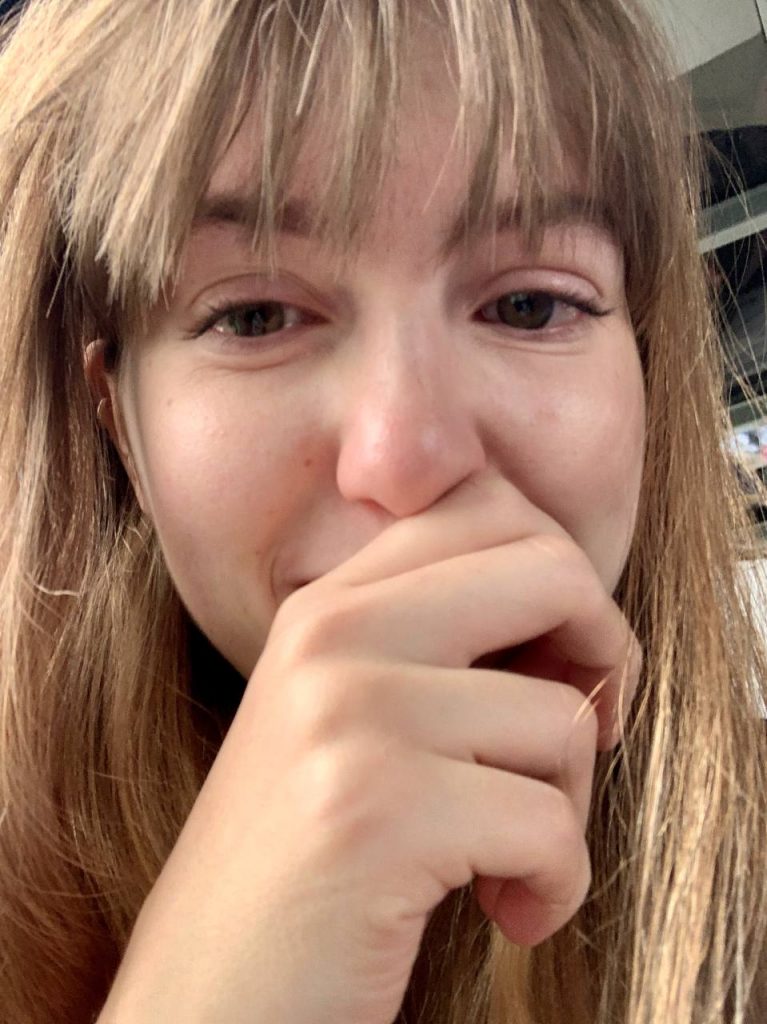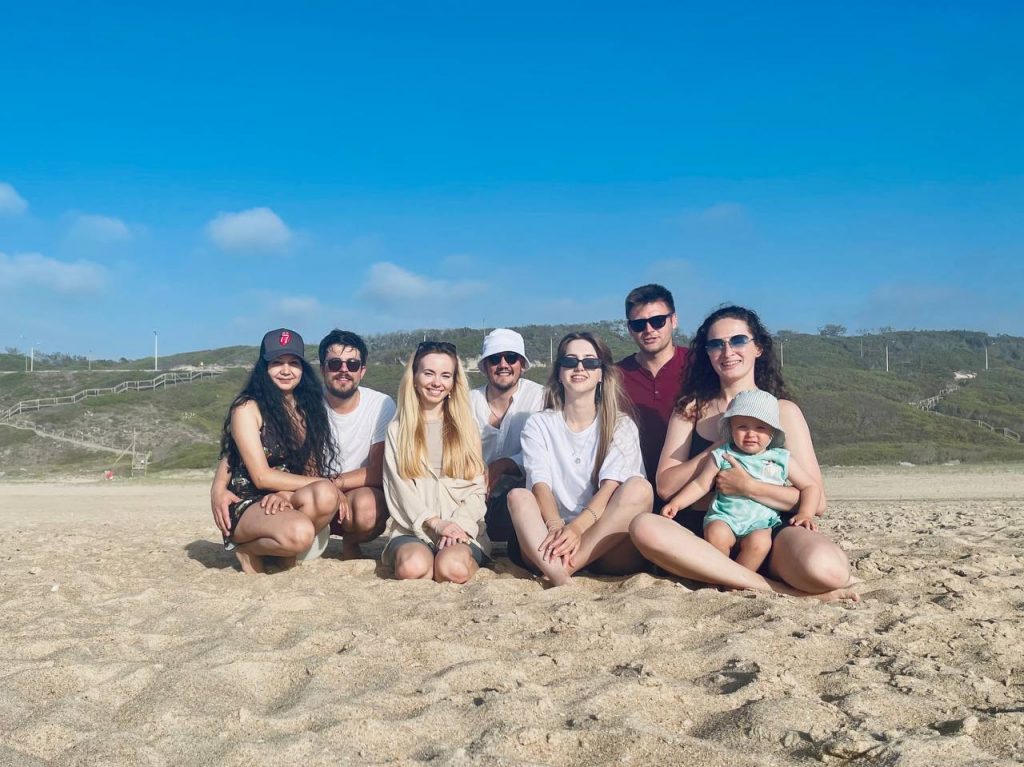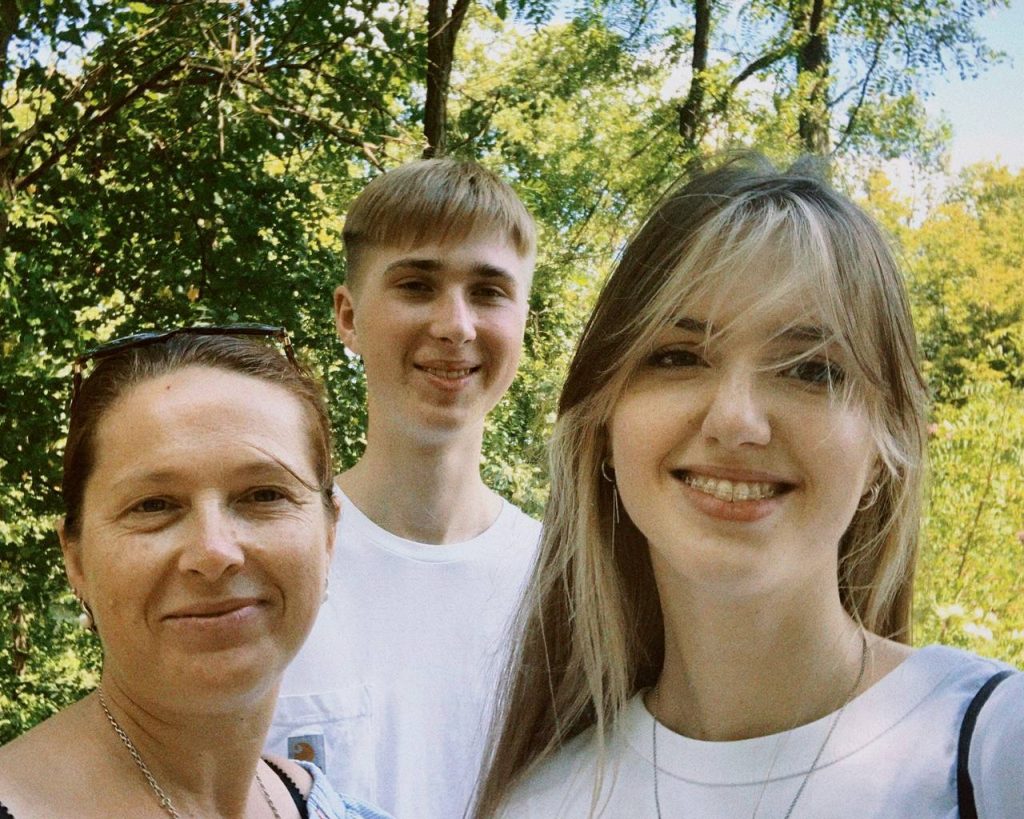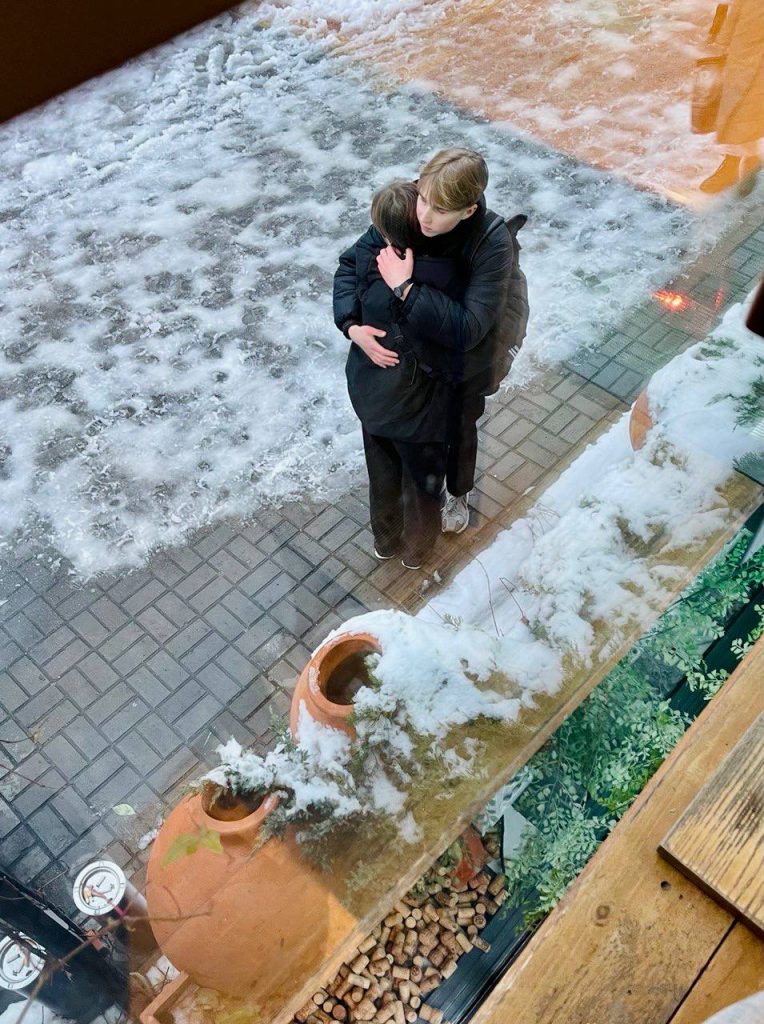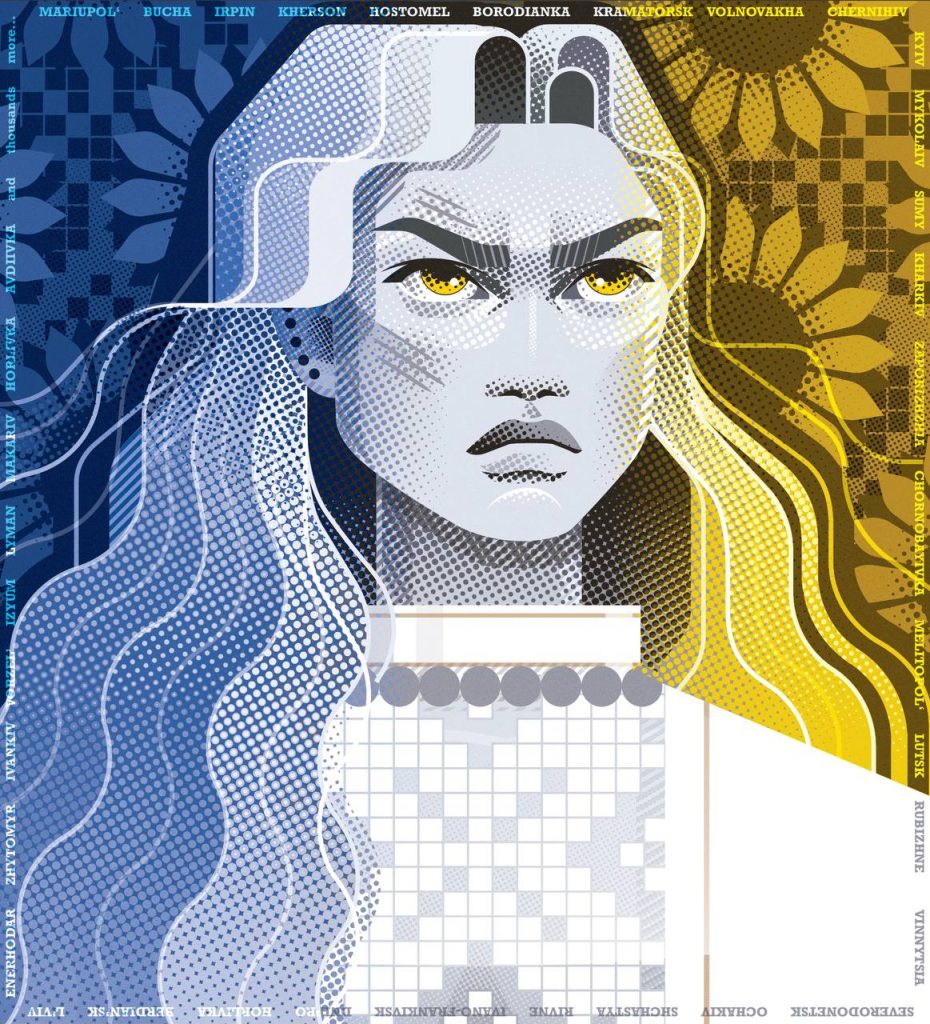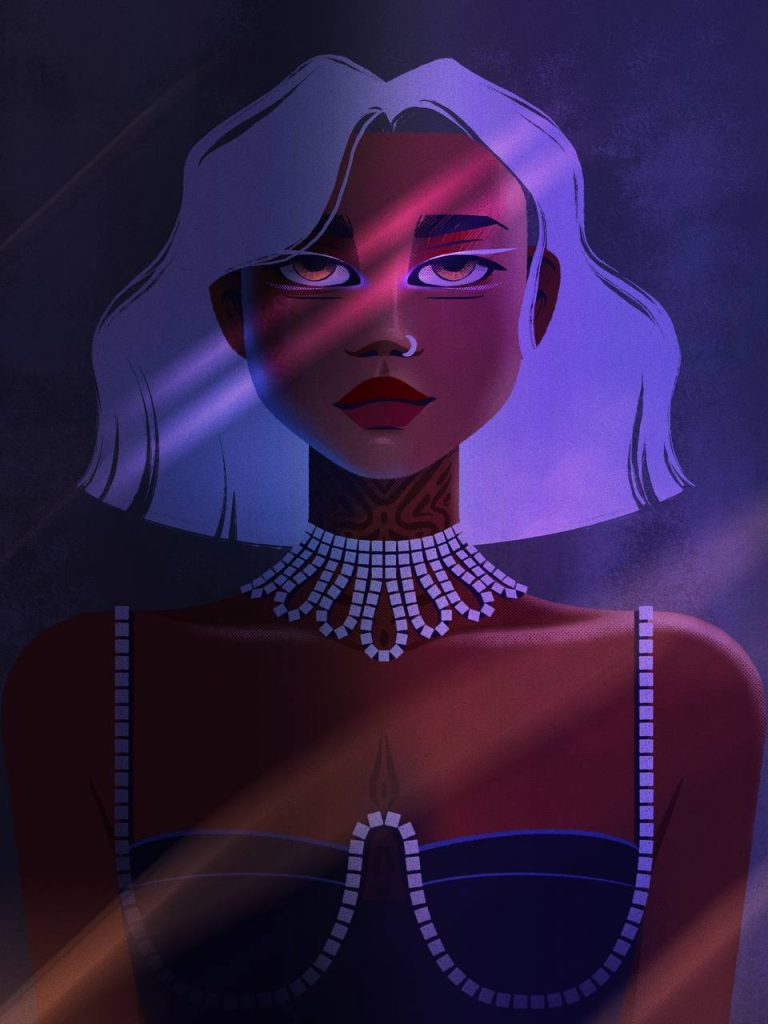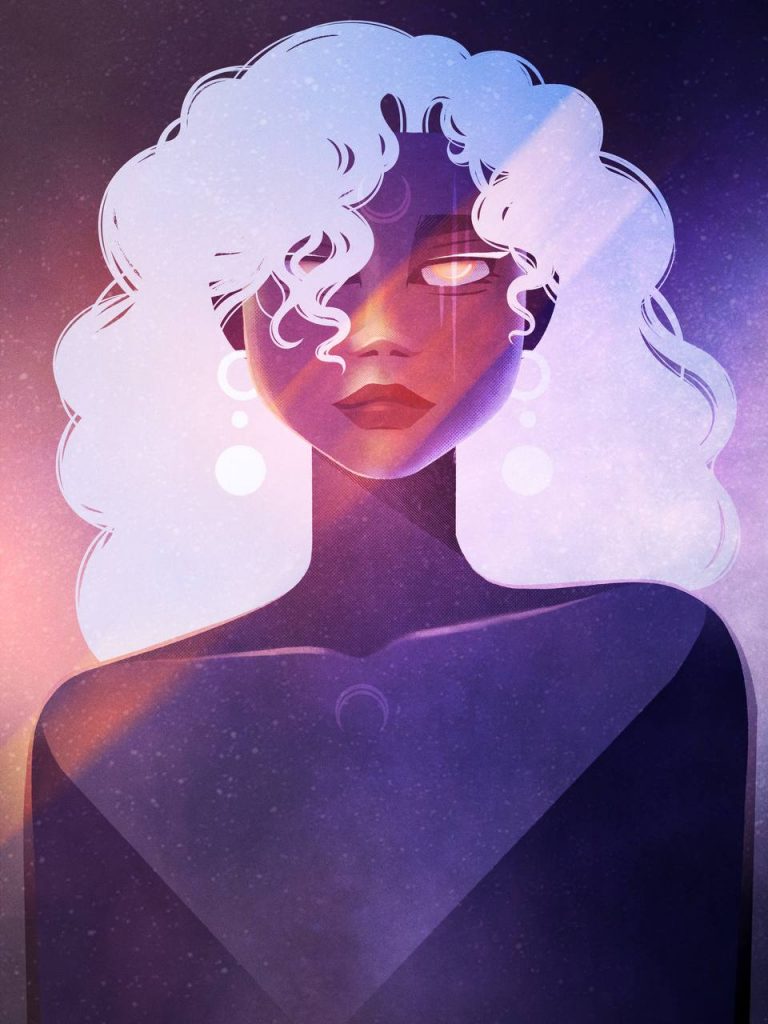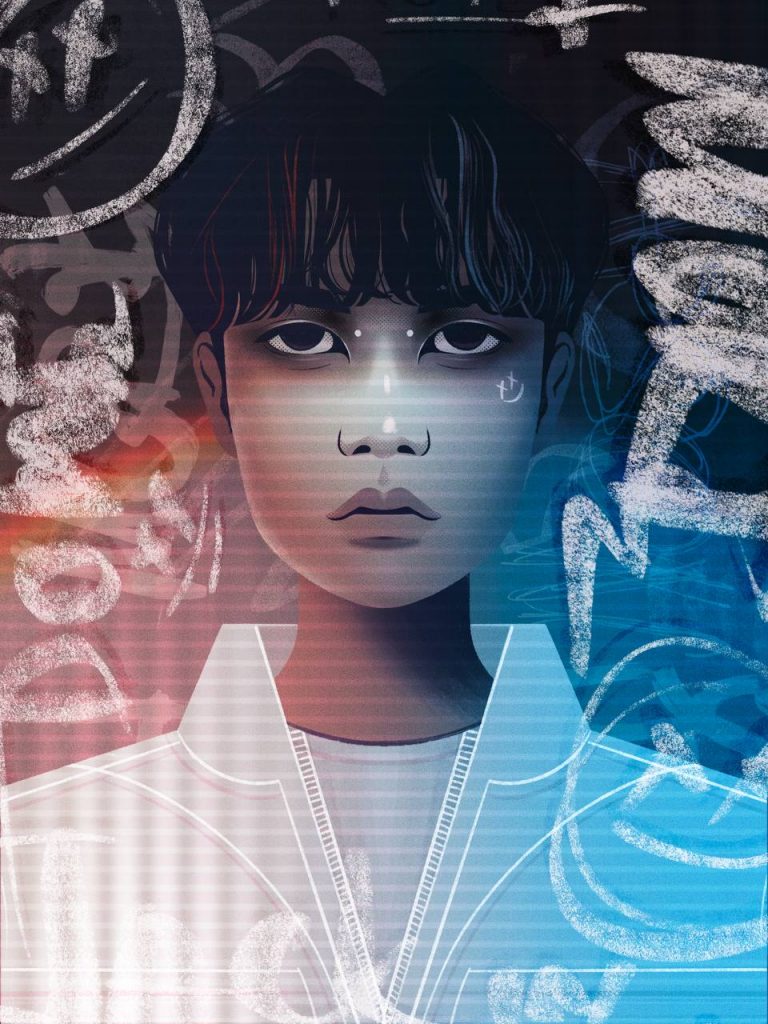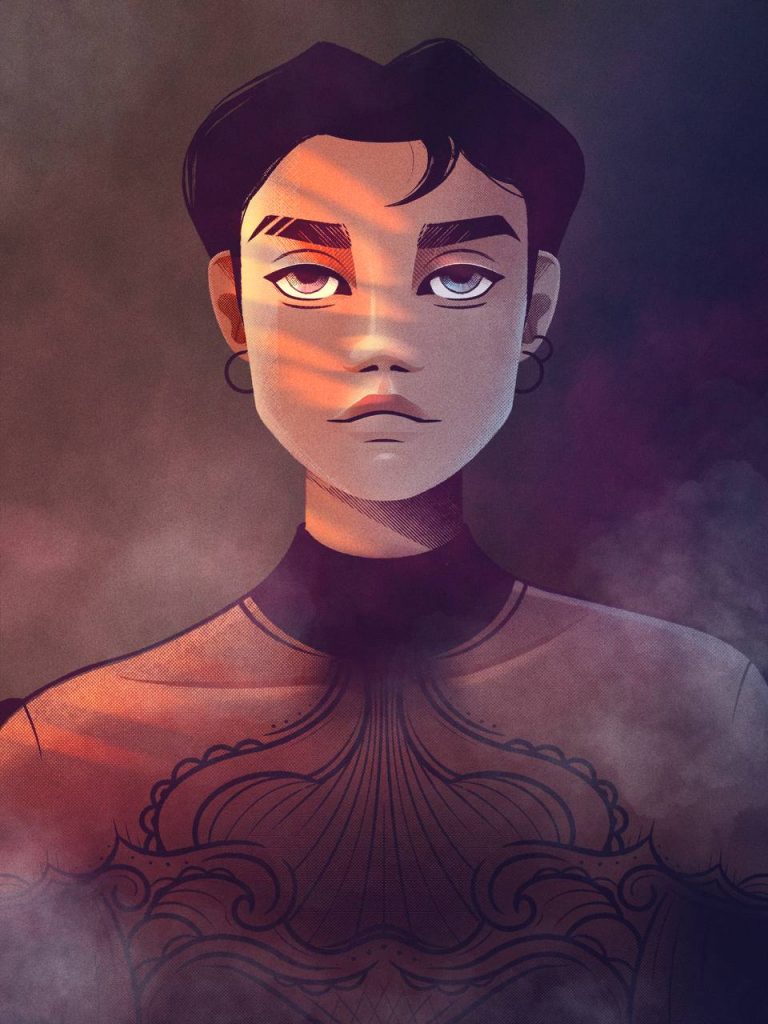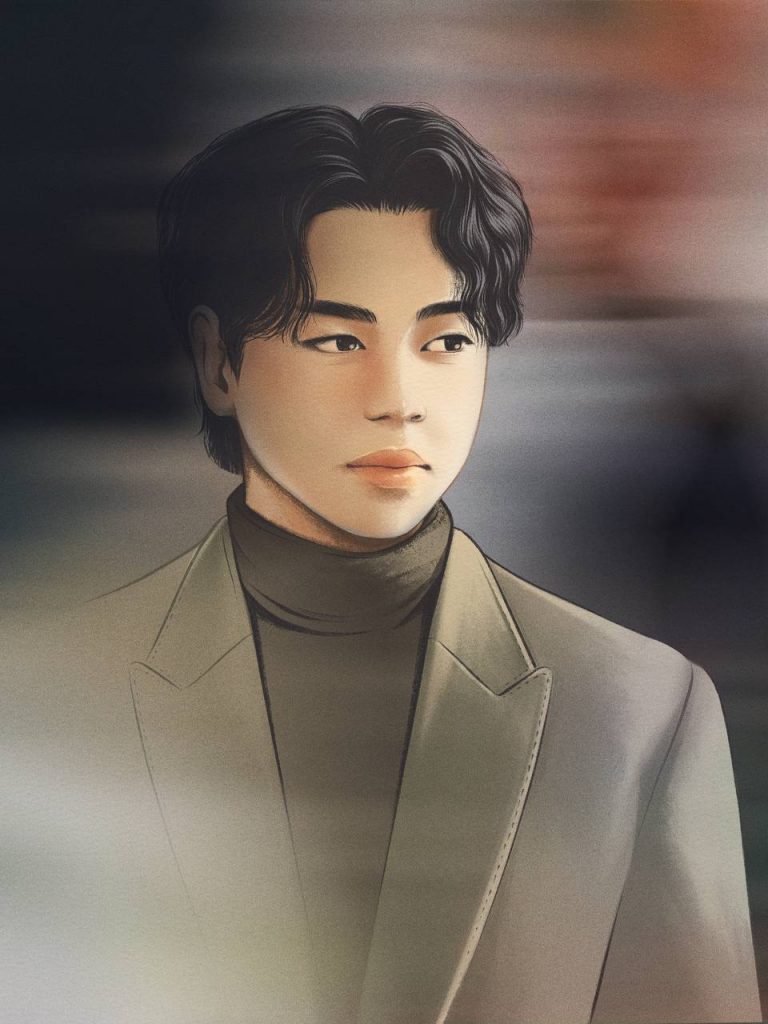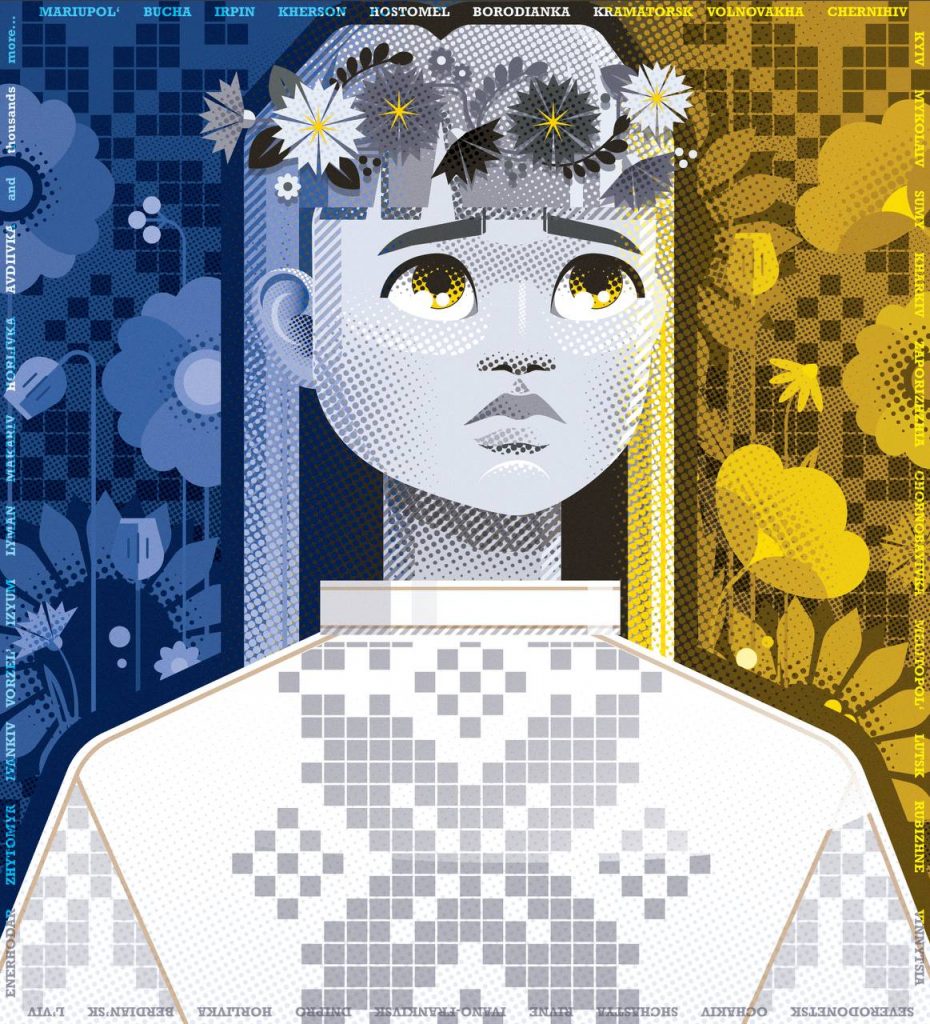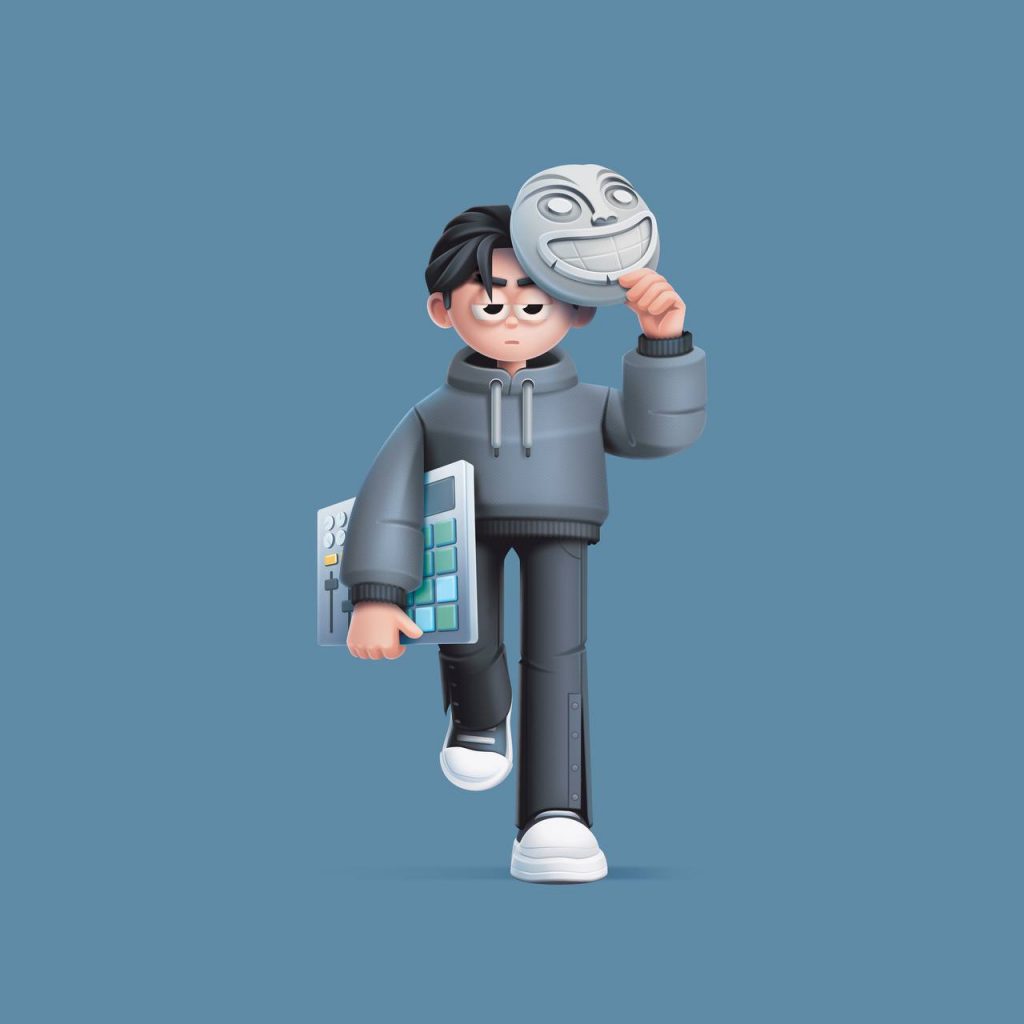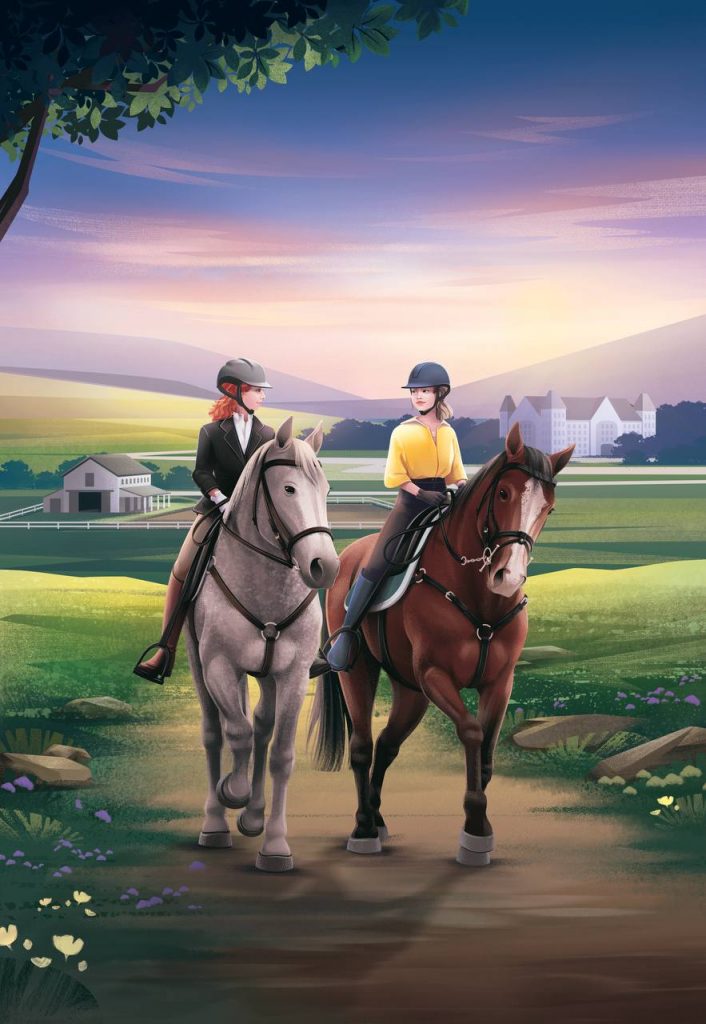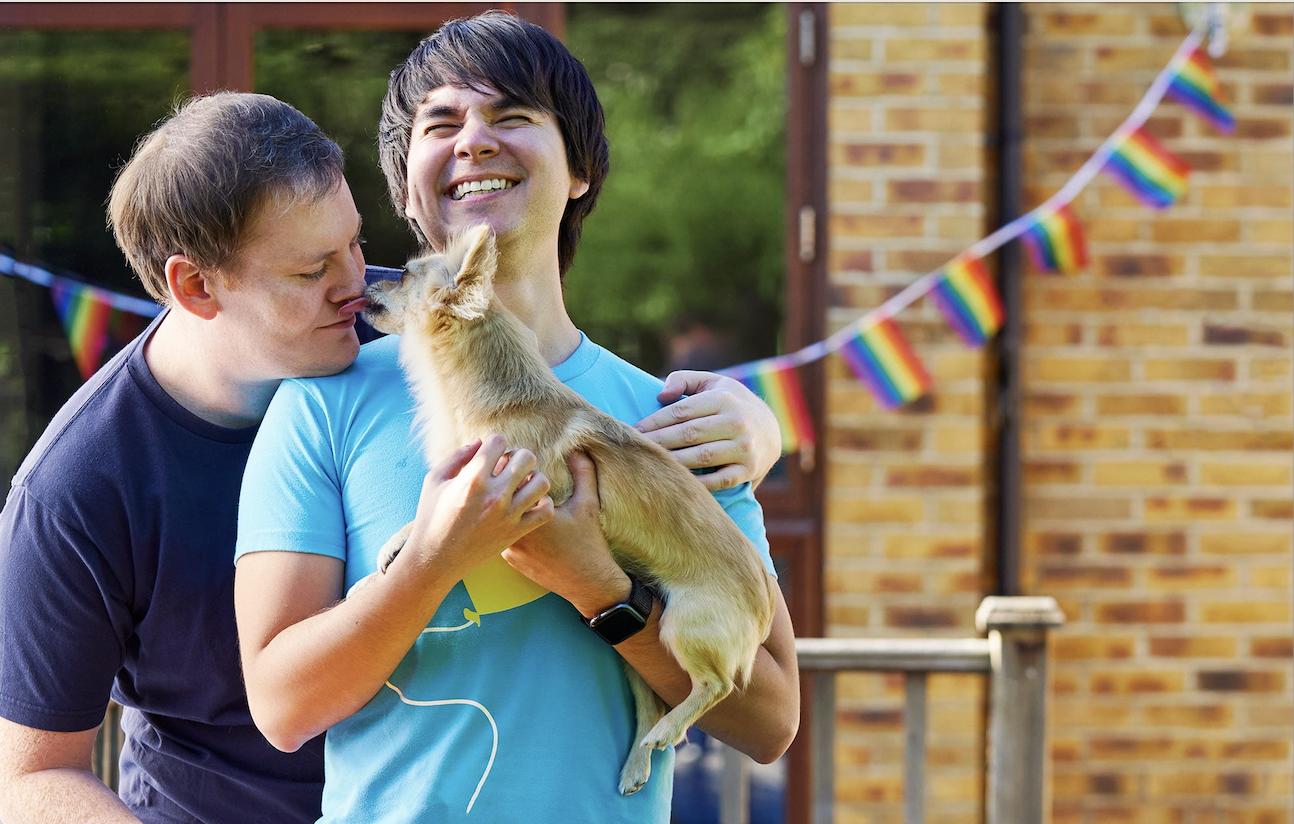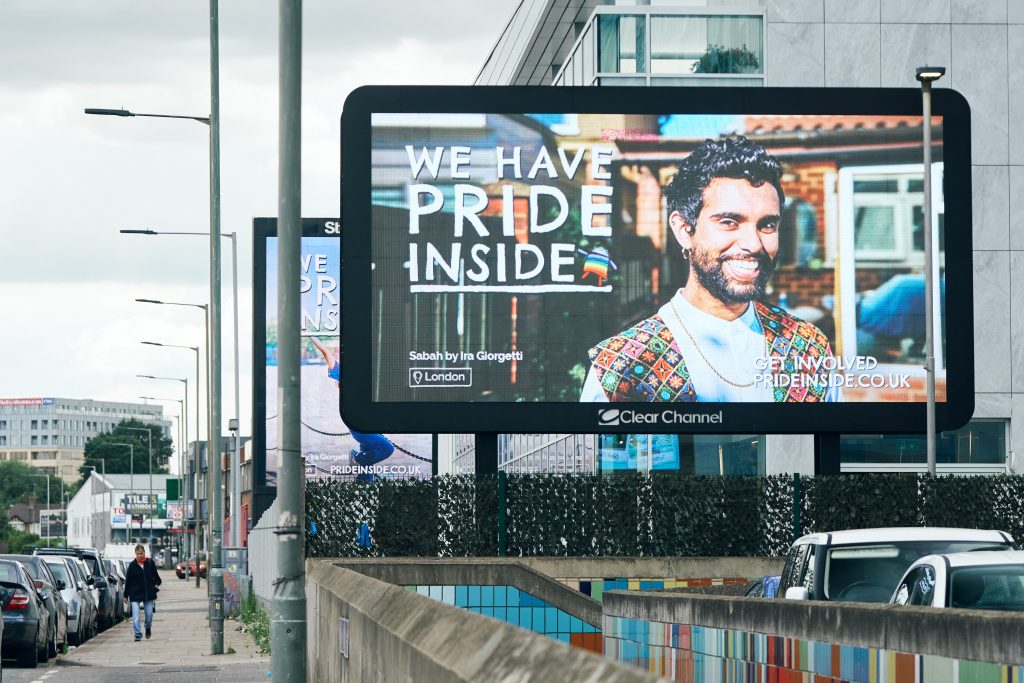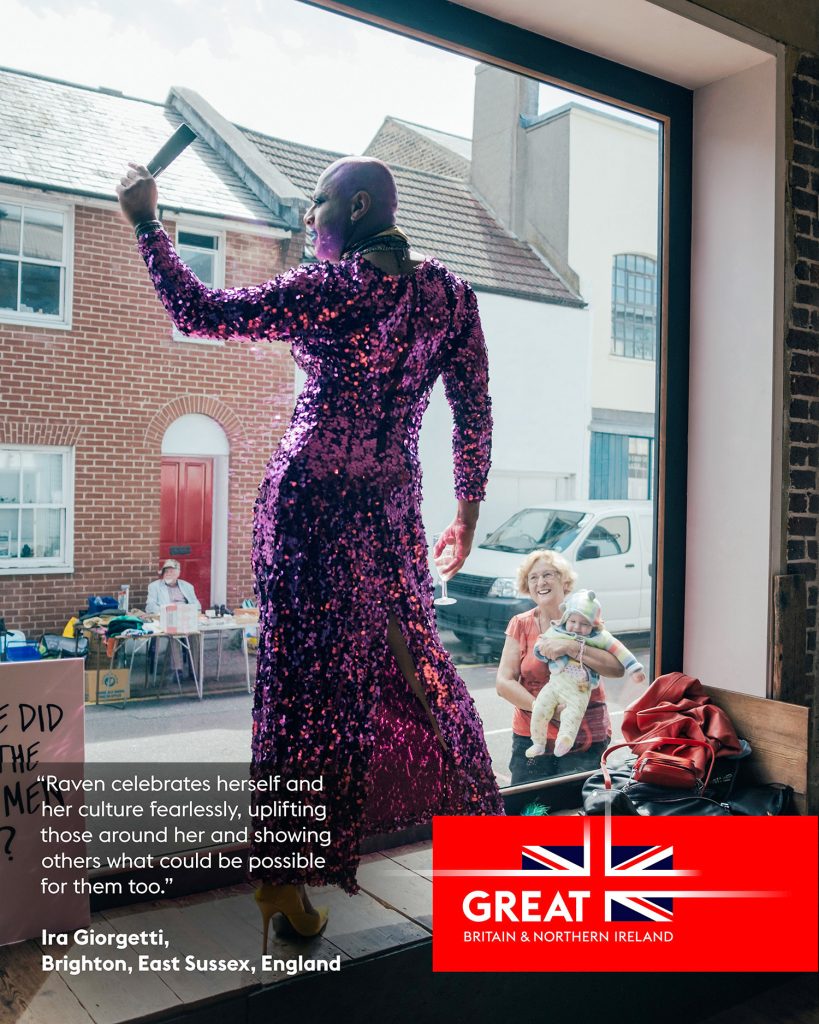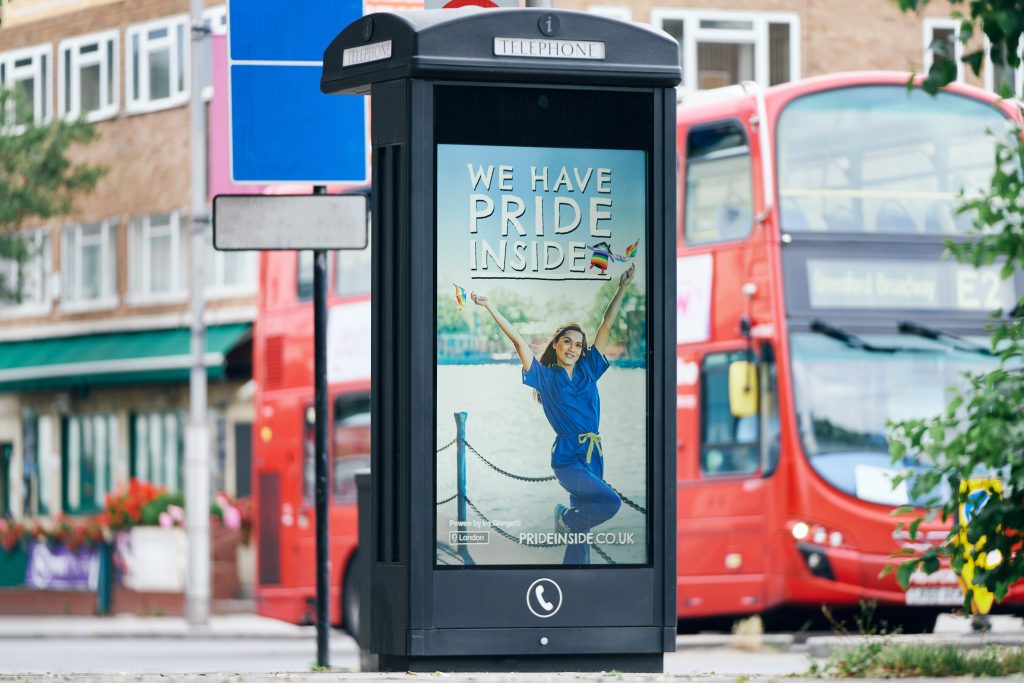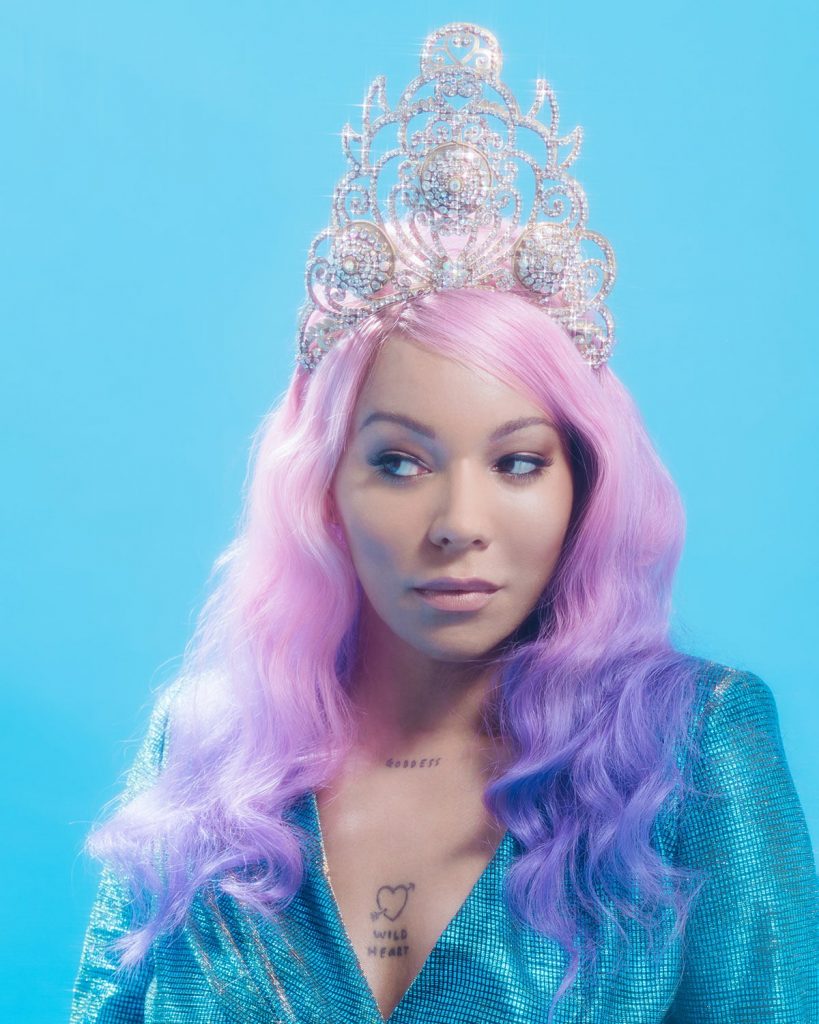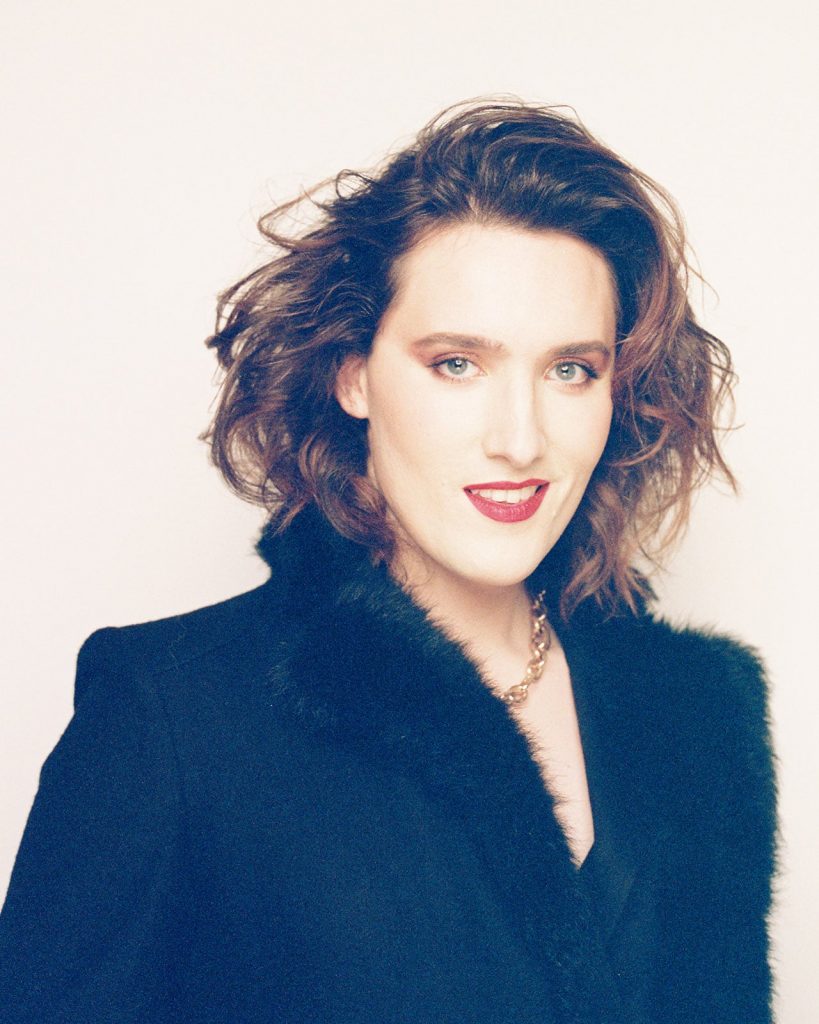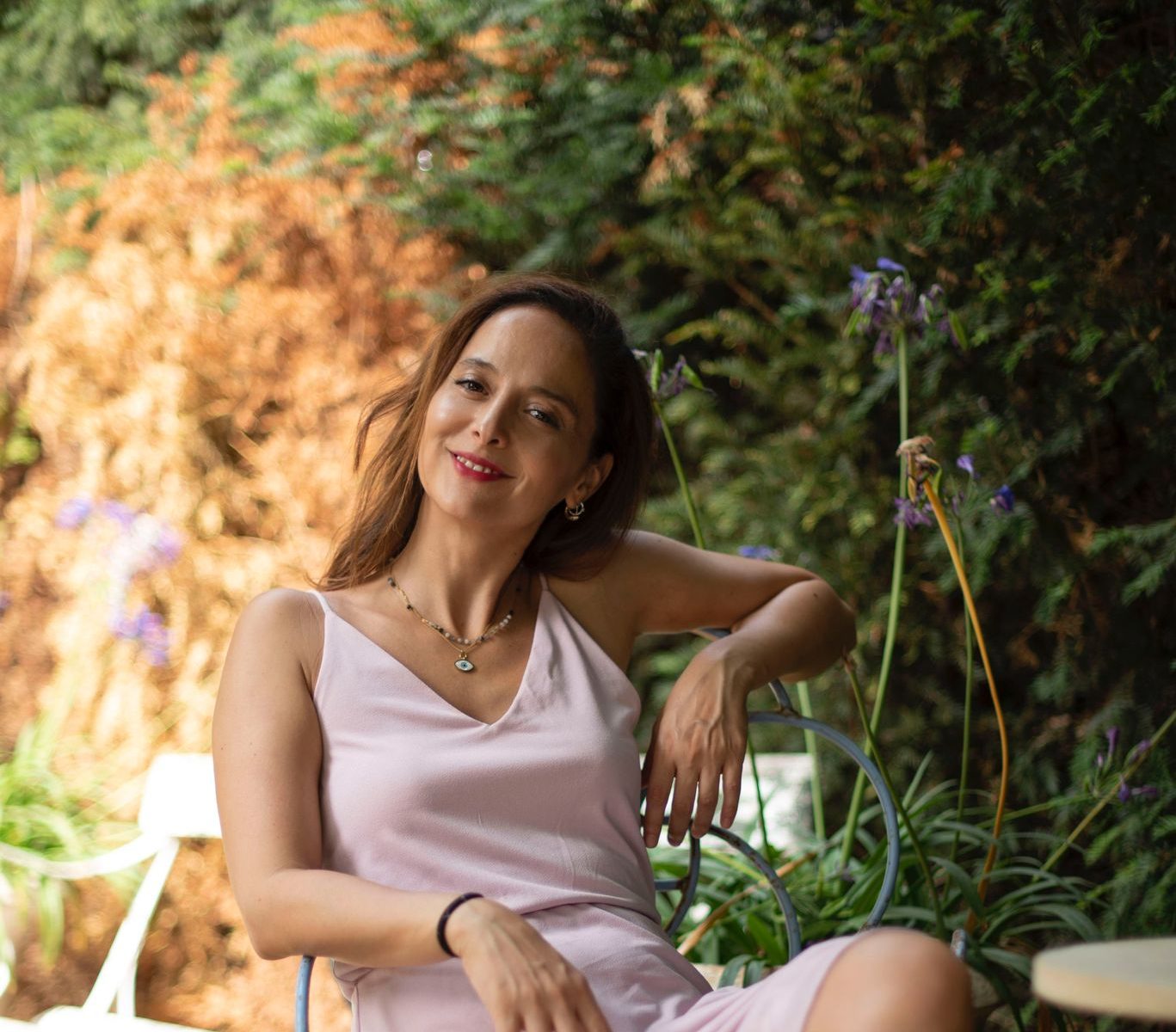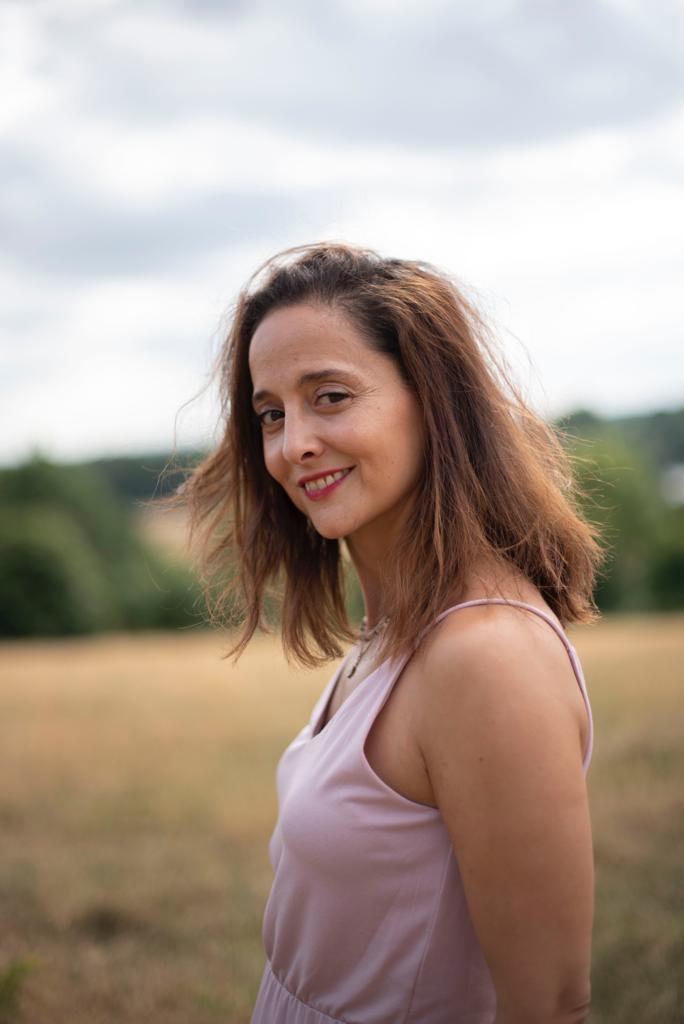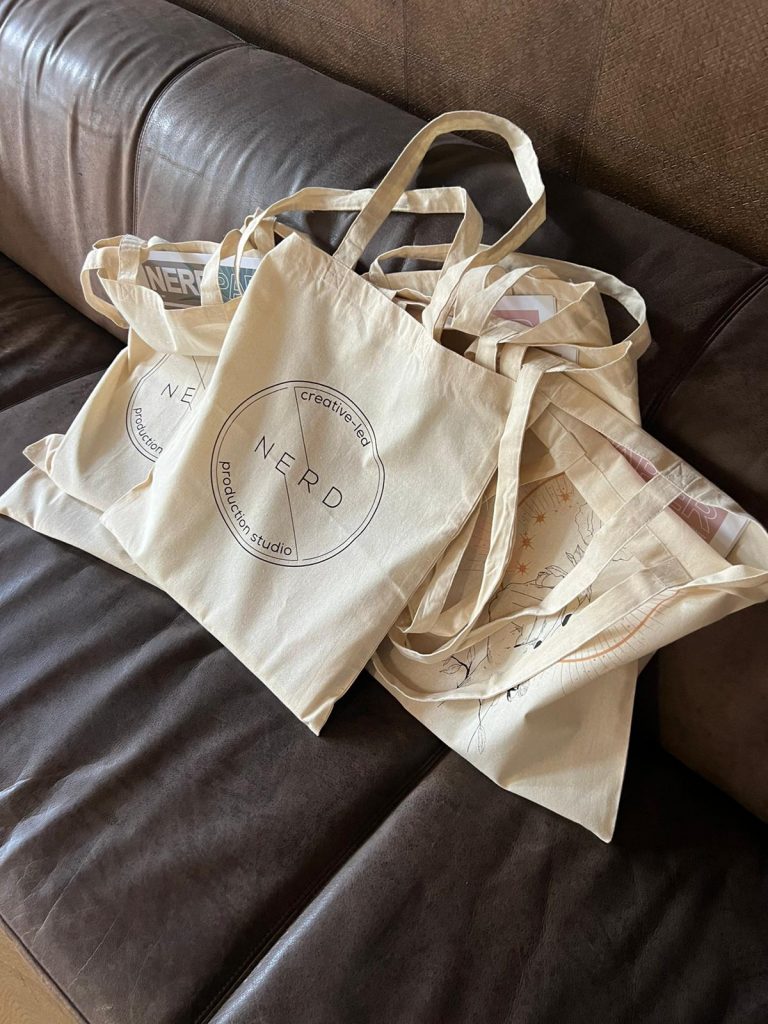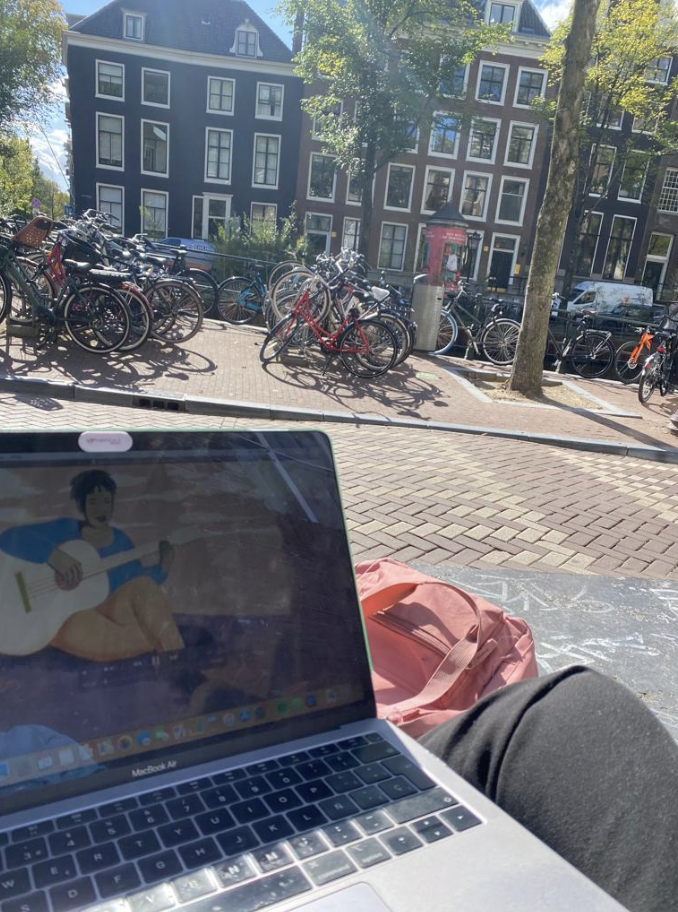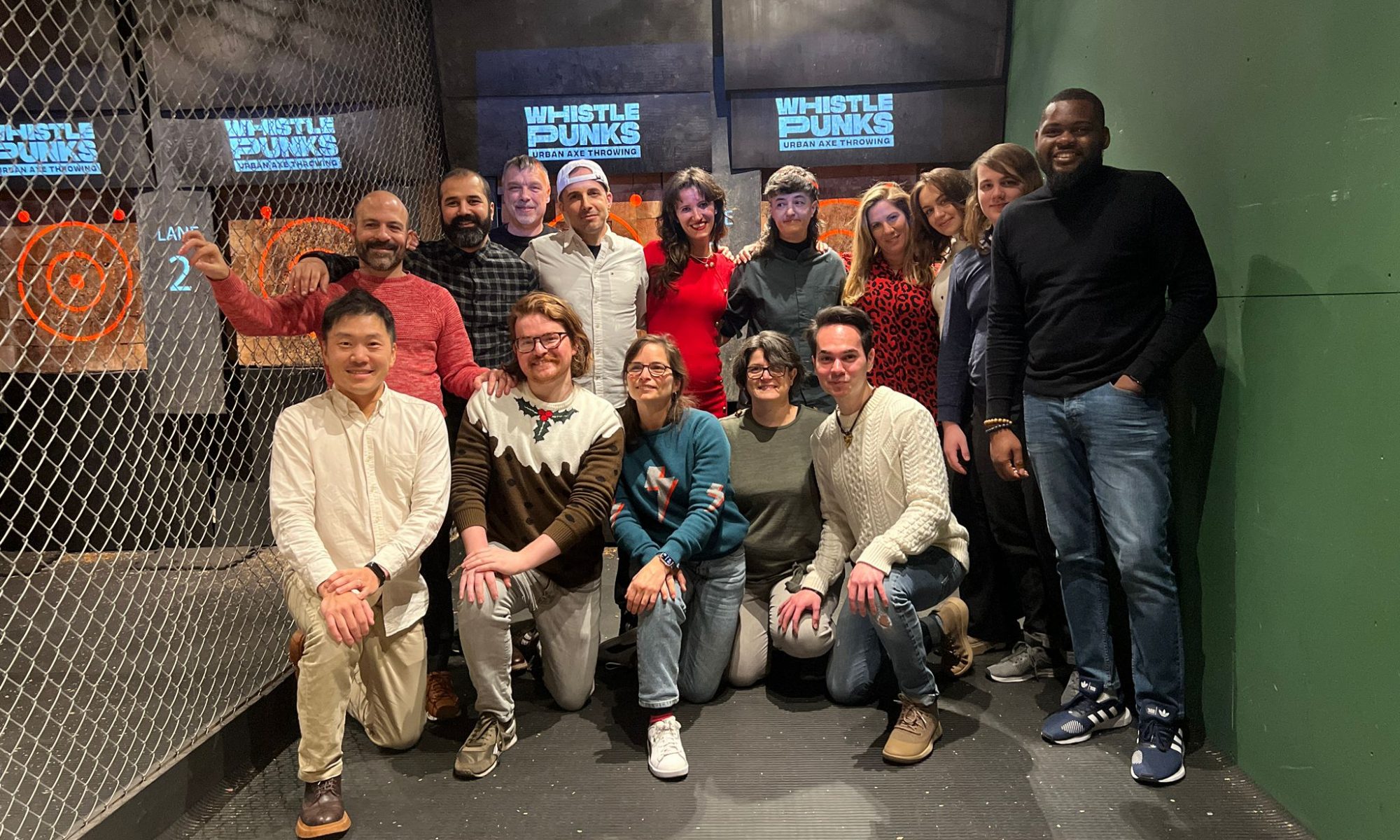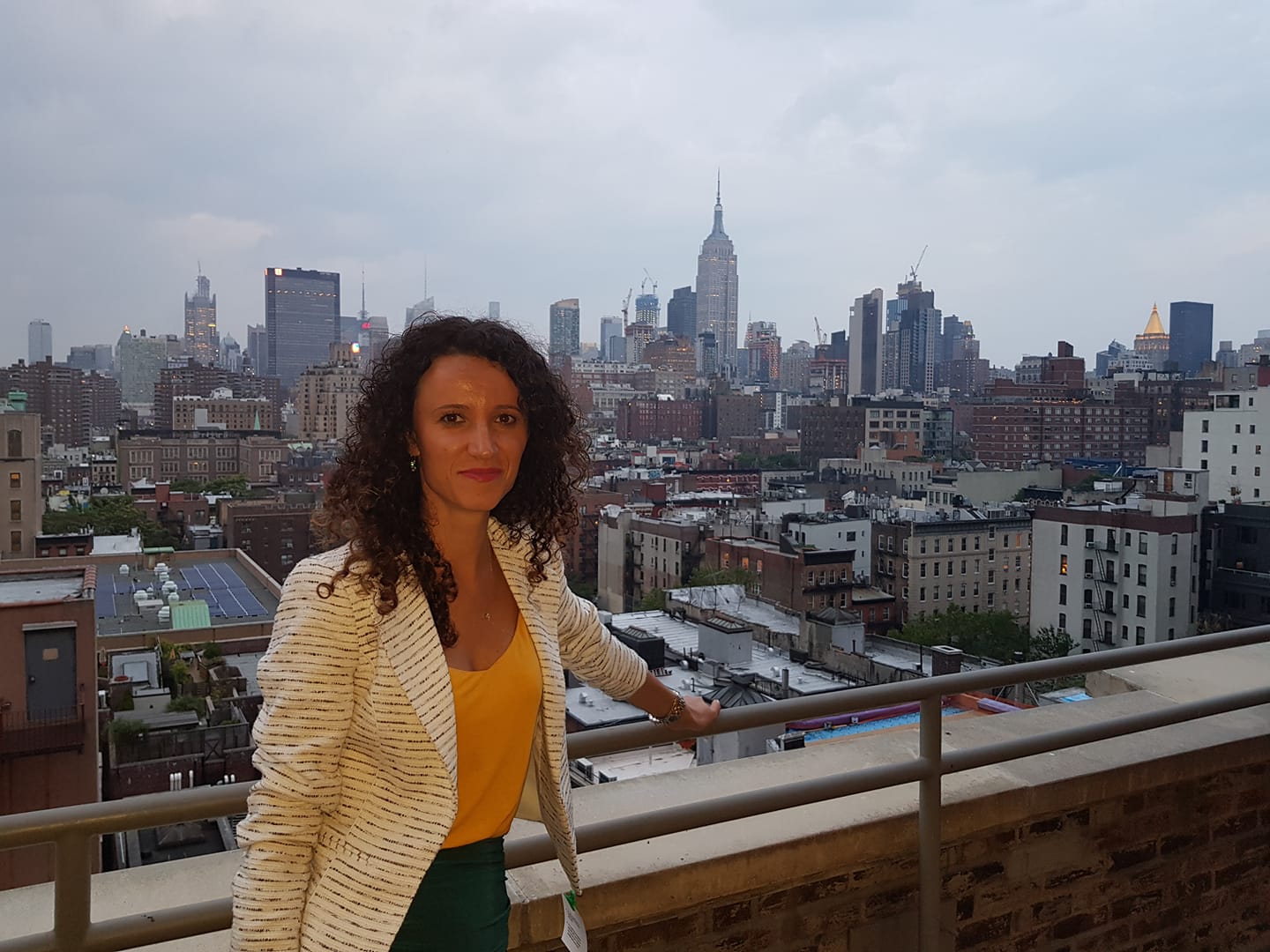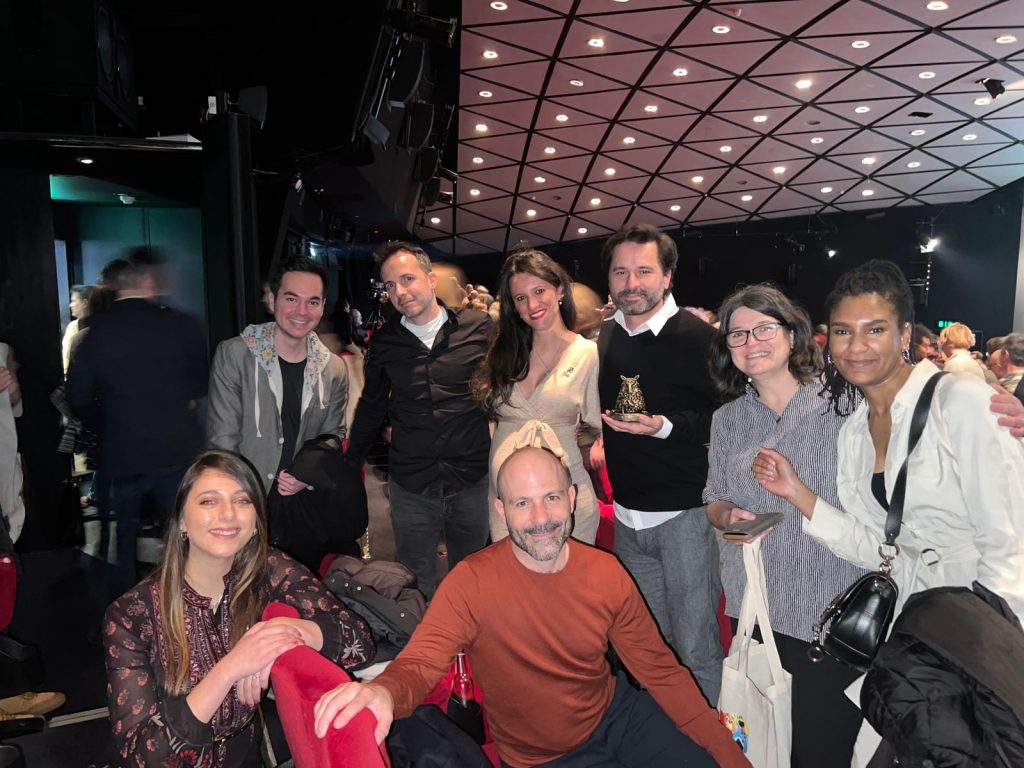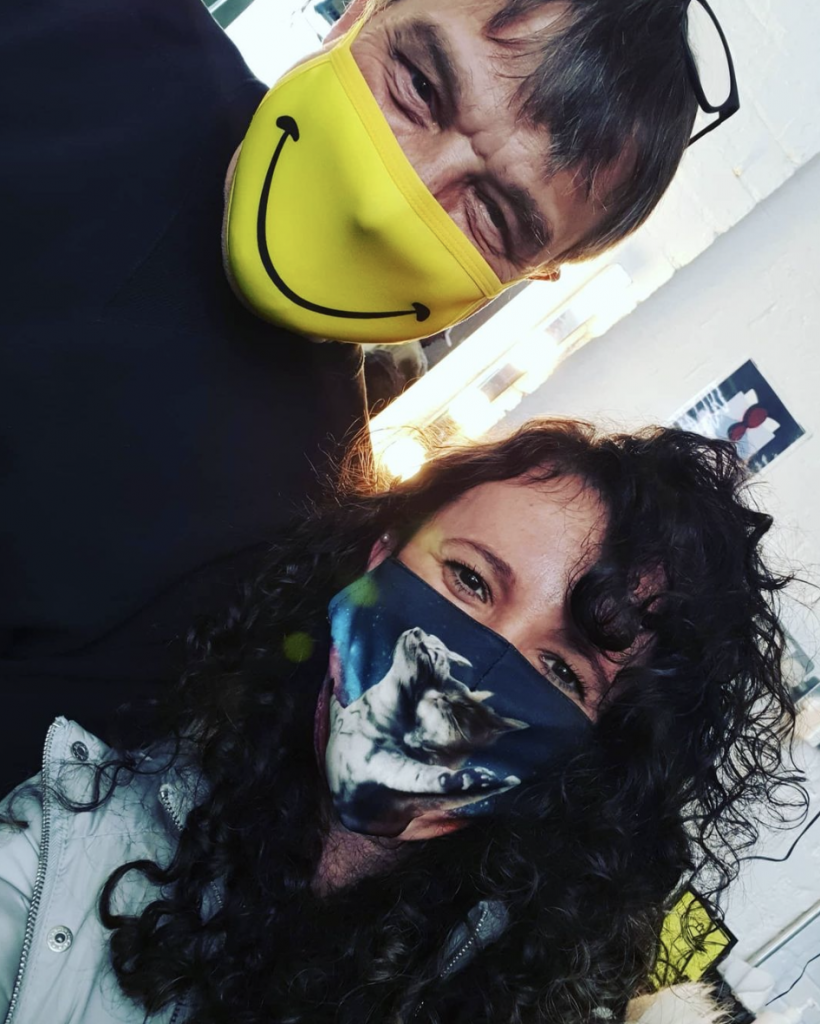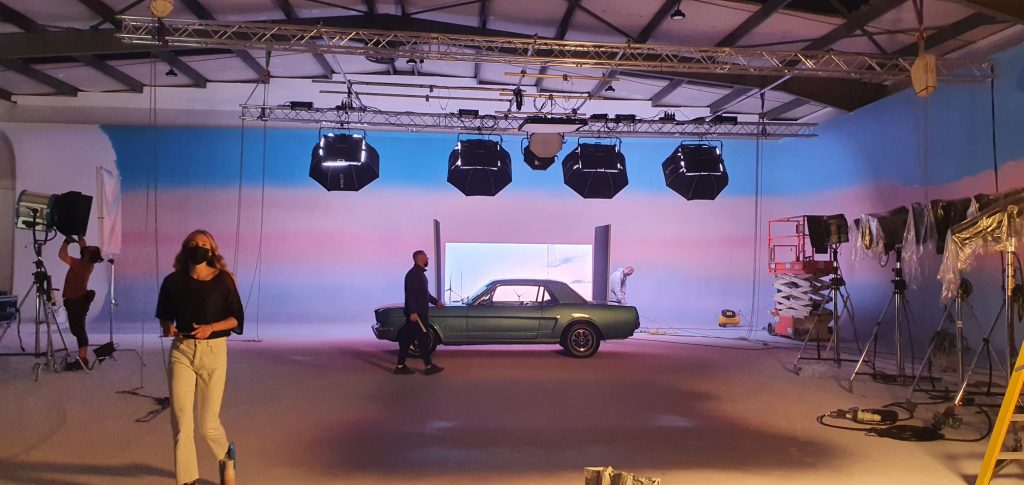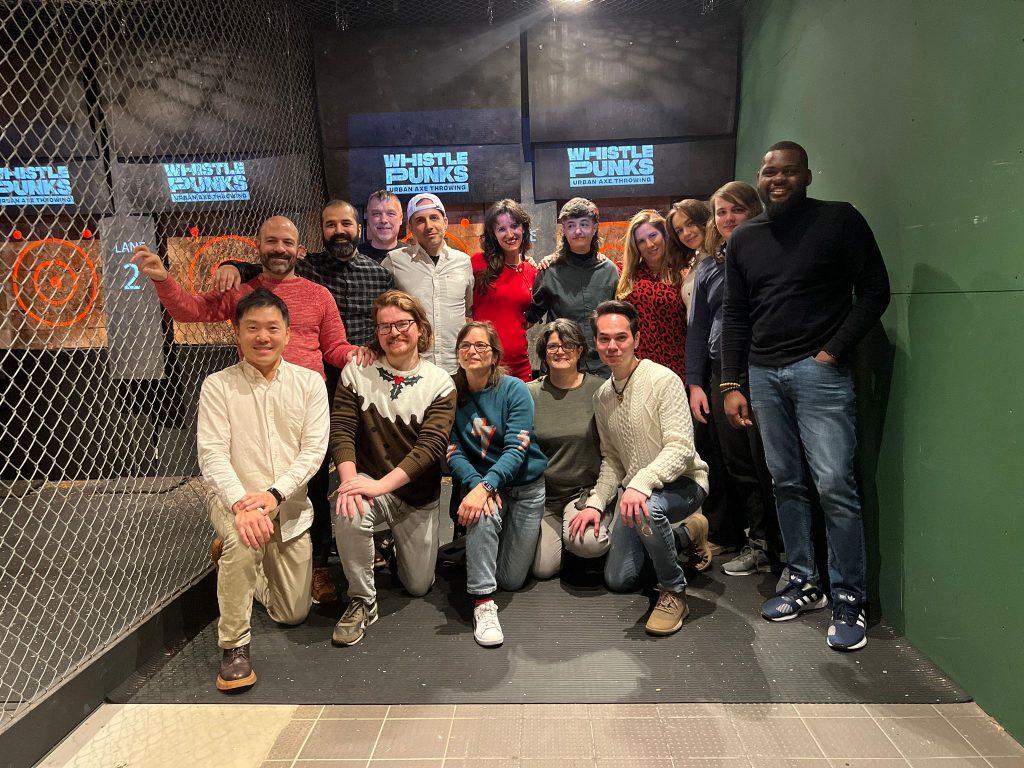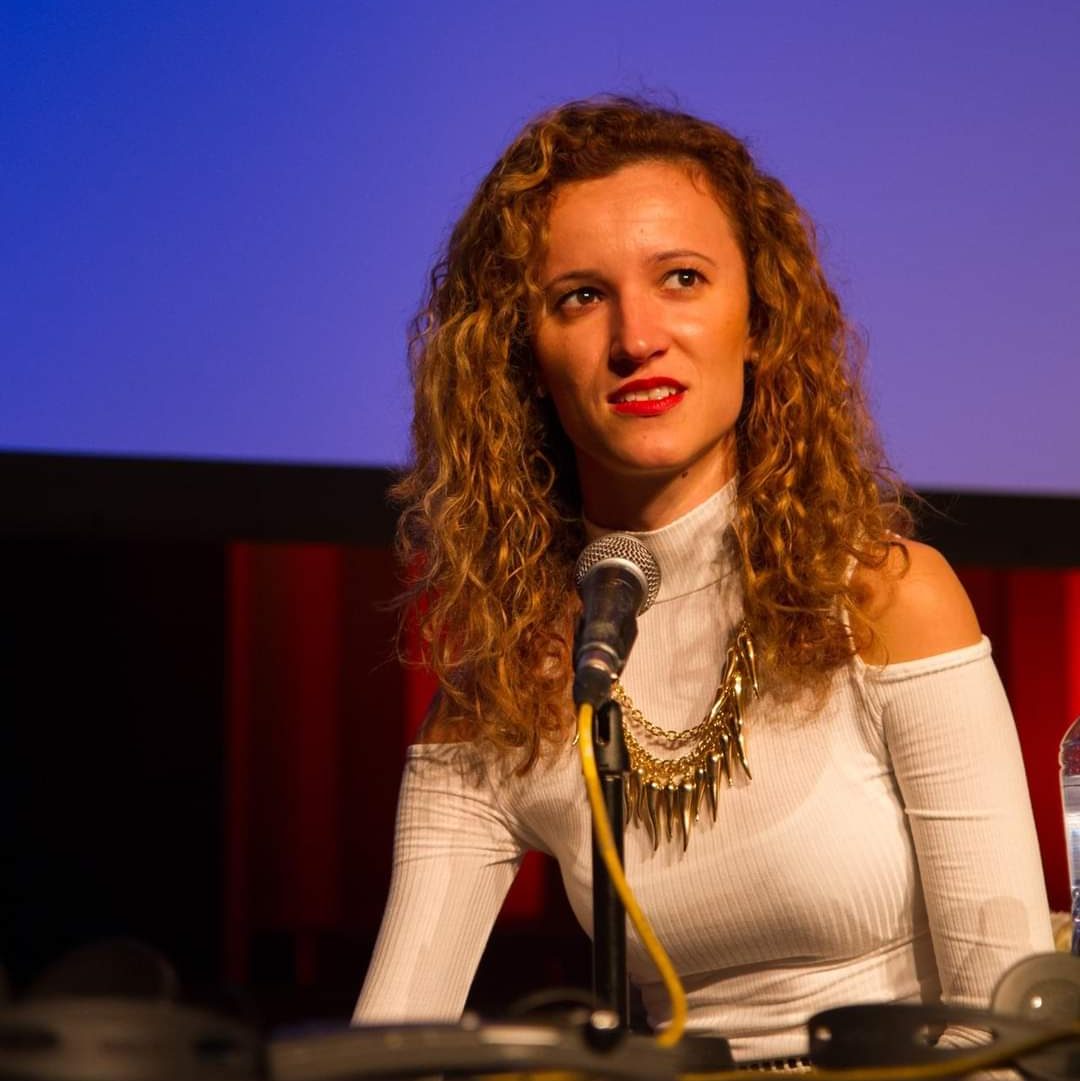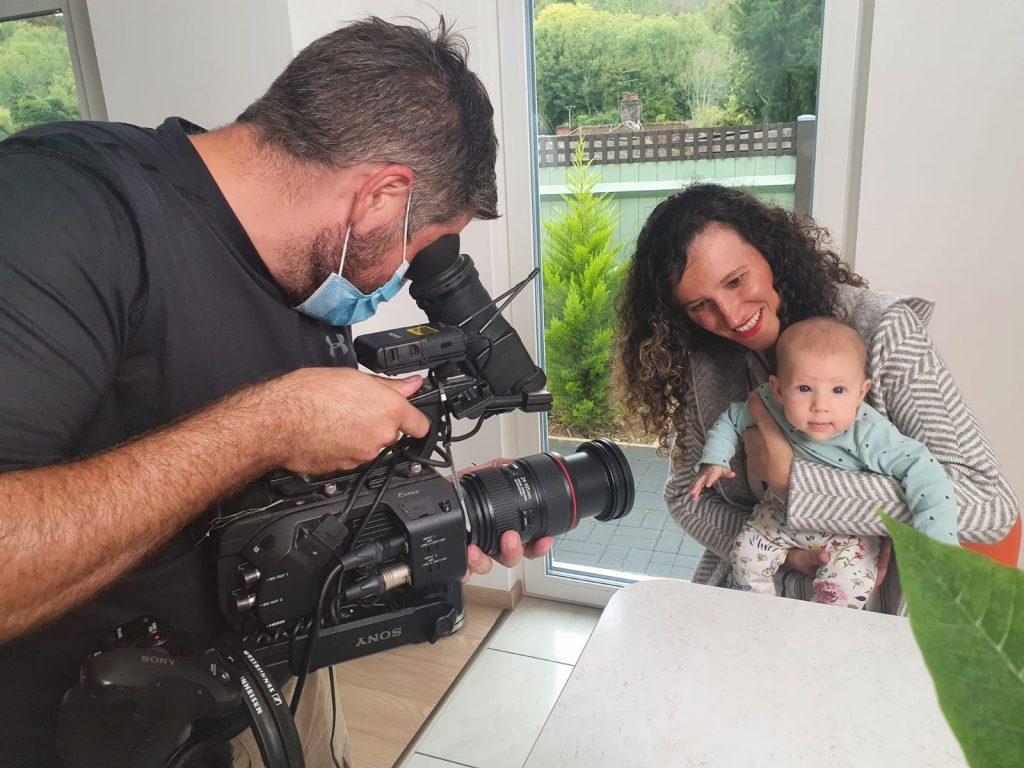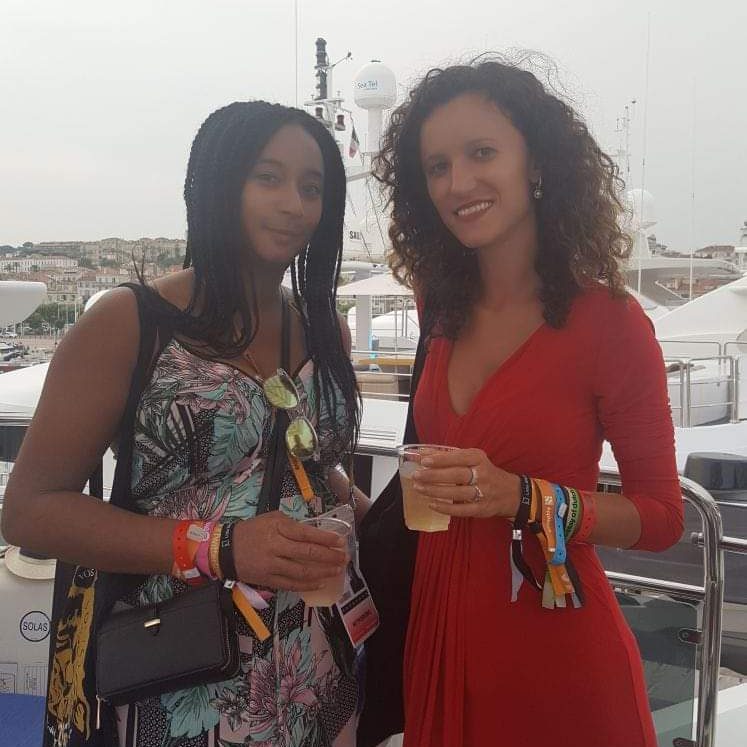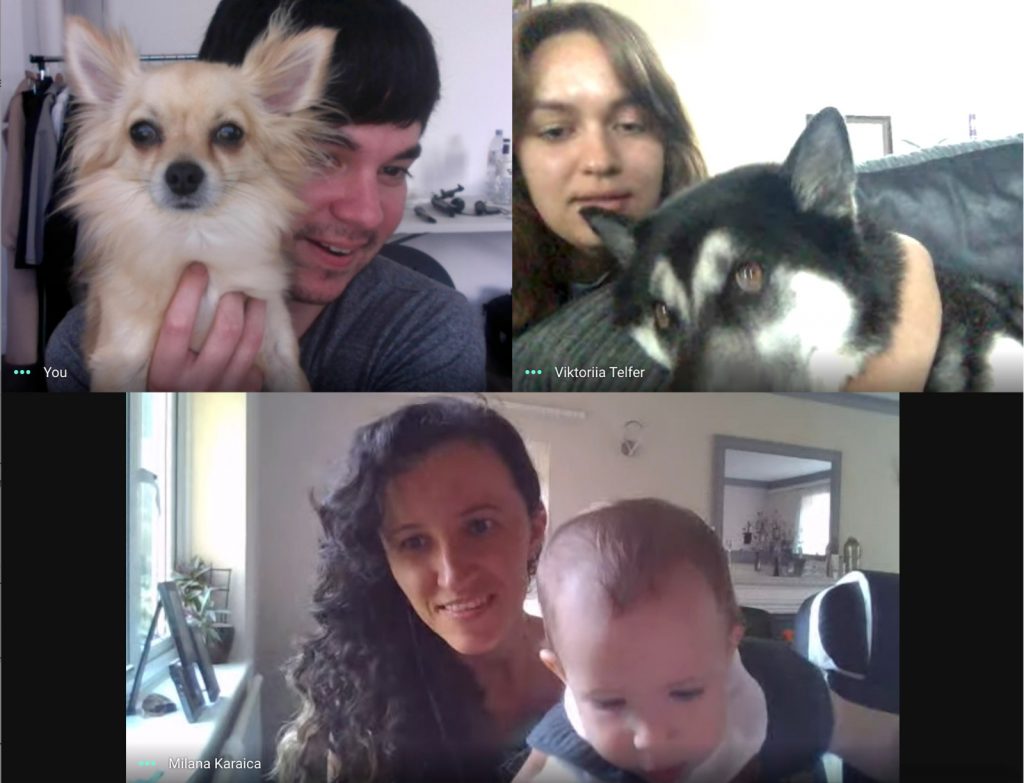LBB’s Zoe Antonov spoke to NERD’s Founder Milana Karaica and experts across the industry on International Women’s Day about how production companies can champion female talent, how to break gender bias and why trust is paramount.
Another International Women’s Day comes around, which means another March 8th spent pondering how the world has become better, or how it can do better going forward. A day or month of patting ourselves on the back for giving women space to speak, breathe and exist. The communications industry, as hundreds of other industries, has in recent years realised the painful irony of a day-long (or even month-long if we’re talking International Women’s Month) celebration of women, with the backdrop of the blatantly misogynist practices that still take place on the inside. They could be as small and negligible as office-based sexism, and go through to ruining somebody’s career, or wholly excluding women from work at certain stages of their lives.
So today, we look at how the production world in particular has changed for the women in it and for those trying to enter it. Do production companies make sure that female talent gets the same shot as their male counterparts, not only in commercials about cosmetics or periods, but also in automotive and sports; not only in scripting, but also in VFX, sound and music? We wanted to find out if the back-patting and echoing inclusivity discussions ever escaped the circles they initially began from, reaching C-suites and clients of the industry and ultimately changing minds and practices. Beyond Women’s Day, or Women’s Month, we wanted to know if brands and agencies actually want to trust female directors and other female production talent with their messaging.
What does fostering female talent mean to the industry?
Back in 2019, according to Forbes, women drove 70-80% of all consumer purchasing decisions, yet somehow the communications world favours male creativity when it comes to selling and branding. “It only makes sense to speak to those individuals in a relatable and authentic way,” says NERD’s founder and executive producer Milana Karaica, speaking about this illogical split. “We can’t do that if their stories are told by men. Equality is really easy to achieve if you actually try rather than just tick boxes.”
Executive producer and partner at Merman Siobhan Murphy agrees: “Without female voices we end up recycling the same, somewhat stagnant stories, told in the same way.” To Siobhan, gender balance within production and the wider advertising industry should be spoken in the same breath as the discussions around ethnicity, sexuality, age and socio-economic backgrounds.
Milana explains that when the team is looking at folios and CVs at NERD, they tend to remove the names, to be able to pick the person based solely on ‘raw talent and creative ability’. “No matter how extensive the reel or folio is, you can always see true potential if you put away any possibility of unconscious bias.”
The team at NERD are also very much aware of the need for a push when it comes to pitching female and underrepresented talent, so are always prepared to do whatever it takes to equalise the chances with those of more established talent. Milana continues, “We make it our mission to empower and support our young talent, so we can make a difference to their career, not just so we can make the industry more diverse and inclusive.”
Tango, which has, despite its origins in the ‘90s, become quite the female-driven force, also valuers harnessing varying points of view in this industry. “Throughout the years we have had a good gender mix at our company with both brilliant men and women. Having a diversified workforce, either at the office or not set, makes for a good balance and better work,” says executive producer at Tango Julia Bidakowska-Andren.
On the musical side of production, things aren’t much different. Founders of music agency RESISTER, Hollie Hutton and Hannah Charman are categorical that the hunger for diverse talent has grown exponentially and parallel to the need for it. “There are also a lot more diverse voices in creative and senior roles, so the message is trickling down,” says Hannah. Hollie adds that the appetite for female-led stories has increased, whereby working with women composers feels like an important and natural choice.
Admitting the need for equality and acquiring young female talent, however, is only half the story. It’s no secret that many women face struggles climbing the agency and communication ladders, and are more likely to drop out of their career than their male counterparts. Helping mothers return to work after having a baby, for PRETTYBIRD executive producer Paulette Caletti, is of huge importance for retaining women. “When I had my kids, I didn’t feel I could juggle work and being a parent, so I didn’t work. My confidence was low when I returned, but it takes support from production to get you back up to speed.
Children exist and industry has to support mums especially.” And although Paulette admits things have improved from when she had her eldest child nearly 13 years ago, we need to strive for a moment when this discussion becomes irrelevant. Juliette Larthe, PRETTYBIRD UK co-founder and EP however, isn’t as optimistic as her counterpart when it comes to any improvement from 13 years ago: “The situation has got worse in terms of the industry supporting and nurturing female talent. Everyone needs to do better.”
For Helen Hadfield, owner, managing director and executive producer at Snapper, enough people in the industry are aware that diversity is the lifeblood of creativity, so the conversation itself might be getting a bit old – what is left now, is to commit to making it happen. “The popular rallying cry across our industry is to value creativity, so for the sake of its creative health we need to promote, foster and develop the talent to make that happen.”
The question is, how to do that effectively? Last month, Snapper, alongside Missing Link Films, showcased four short films from four young female filmmakers at Havas for interested advertising folk from multiple agencies. “The filmmakers and their films went down a storm,” says Helen. For her and Snapper, gaining awareness needs to be converted into creating opportunities. “This is where the rubber meets the road. We need people to embrace, not just sympathise with a mission. This can only create a stronger, more interesting industry and advertising we want to own up to.”
Production companies need to pass on the love in terms of crew and specialism
Diversity and equality are the key to adequate creative, and action rather than talk is key. Taking that action, for NERD’s Milana, means that you can’t call your five friends every time you’re on set – this is the surefire formula for getting repetitive, boring and samey work. NERD’s anonymity approach when looking at folios and CVs also helps them ensure equal chances when it comes to crew on set, animation crew or music/sound partners on projects.
Siobhan stresses that many other actions can be taken when it comes to production companies helping women push through in the industry – mentoring, investing and working hard towards a gender balance across production specialisms. “The most important thing is that production companies work towards subverting conventional gender roles within crews,” she says. “As an industry we tend to conform to certain stereotypes and, in turn, pigeon-hole women into pursuing roles that are perceived to be female-centric, such as production, hair and make-up, wardrobe, art departments. It is imperative that women who aspire to more traditionally male-based roles, such as electrical, camera, grip, first assistant director, sound, VFX, etc., are provided with the right opportunities and training to propel their careers and address the imbalance.”
The same applies when addressing the gender imbalance when it comes to directing within ‘traditionally female’ sectors. Although more is being done industry-wide to challenge the stereotypical usage of female talent in healthcare, beauty and fashion, there is still more work to be done to pave the way for women to take part in automotive and sports-based campaigns. “The rise of misogyny and the crackdown on women’s freedom is based on men’s fear,” says Sara Eolin, partner and EP at Tinygiant.
So to combat this trend, we need to “normalise women in all traditional male roles, and men need to embrace stepping into the stereotypical female roles.” And while casting might have come a long way when it comes to portraying the customer, and brands have become better at ‘combatting the haters’, there is still change that needs to be done behind the content. Sara is categorical: “The more you see it, the more you accept it. The numbers of women directors, CEOs, presidents, CCOs has certainly risen, but it is not yet the norm. When it is a norm, we’re more likely to create content that depict our lived reality.”
Agencies and brands giving female talent a fair shot is imperative
“Even though I strongly feel a director or any other member of crew should be chosen for a project based on their experience, knowledge and expertise and not based on gender, an extra push from big brands or agencies towards choosing a female director is one of the best ways to diversify the industry,” says Tango’s Julia. What she mentions about choosing a director based solely on gender or in some DE&I box ticking exercise touches on the wider topic of tokenism. NERD’s Milana looks forward to the day when production companies no longer see requests for female directors or underrepresented groups or pledges from agencies to have ‘one of those at pitch stage’. These are all the wrong reasons to get women or any underrepresented groups on board and a sure formula to make them feel like a token.
“Let’s just stop worrying about those little boxes and hire the right person for the project without them,” Milana says. “Stay mindful of the fact that not everyone has the endless list of awards under their belt, but you can help them get some and shape their career history if they’re the right person for your project.”
Siobhan from Merman turns to FREE THE WORK (formerly Free the Bid) as a fantastic example of an initiative that provides women with equal bidding opportunities, however is also aware that it is imperative that emerging female directors aren’t just included on the pitch list as the token ‘wildcard’. “It would be great if agencies and brands were to sign-off reels at the shortlisting stage and then base their decision to award the job purely on treatment and budget.”
She and Milana both understand that it is to be expected that agencies and brands will seek security when picking the right person, or worry that they might be taking a risk, but the reality is, that risk is offset if a new or up-and-coming director is represented by a competent production company. “That production company is adept at developing talent and surrounding the director with highly skilled technicians to guide them through the process,” says Siobhan. For Milana, insisting on diversity is not being painful, but being fair, and means you’re seeking options that could make the project as good as possible. “If you have an up-and-comer on the list, don’t expect to see 20 examples of the same approach. They don’t have it. Hence the ‘up and coming’.”
This is where trust comes in – trusting the production company to put up diverse, exciting talent, regardless of if they have awards under their belt, and then stepping out of your comfort zone as a brand or agency and choosing who is actually right for the project, not who you have seen before. Milana turns to Havas as an example – “They’ve been a great partner to us when it comes to looking for exciting and fresh talent. They trust the process and our EPs, and a little trust goes a long way.”
The team at Chromista calls out those brands who talk the talk, with zero walk and those whose messaging has very little to do with their practice. When you’re brand messaging is ‘Let’s celebrate the joy of being a woman!‘ maybe don’t award that job to a non-female identifying director this time.” Their advice is simple – hire women and pay them the market rate. In the case that they don’t know what that is – tell them.
RESISTER believes that transparency and accountability about suppliers of talent is also to be taken into consideration. “All too often, music agencies won’t get a credit, and if they do, they don’t credit the actual composers and producers behind the work.” This leads to a lack of clarity on where more work needs to be done, and blurs the actual size of the gender gap in the space. “The first step is more transparent crediting and this hopefully would lead to more responsible talent choices,” says Hollie.
Of course, this journey doesn’t end with inclusion, it only begins with it. Showcasing how successful projects can be when they do trust new talent, especially female or other underrepresented talent, according to Snapper’s Helen, can make the world of a difference. “Not only should brands and agencies explore the production landscape for female talent, but develop a strategy which can be judged by positive results, not just intentions.” To her, actively using the talent, not just showing it exists, is what matters more, otherwise we risk lip service with no change. “Until more women directors direct more ads we create Groundhog Day.”
